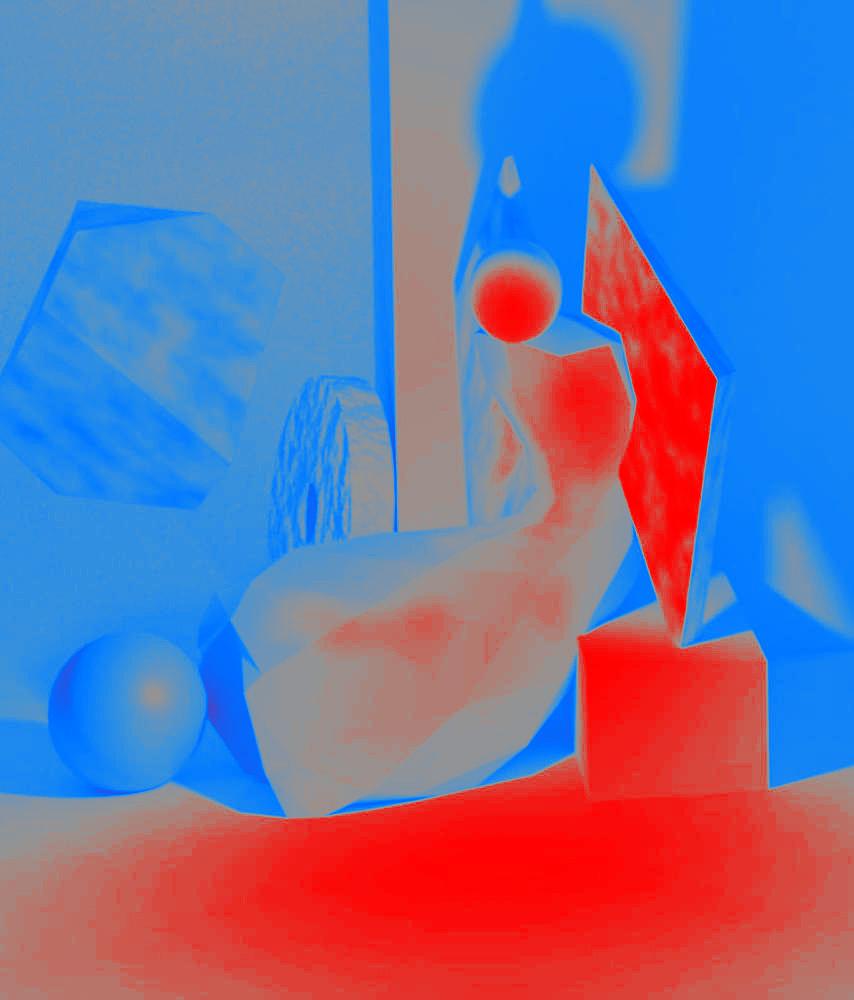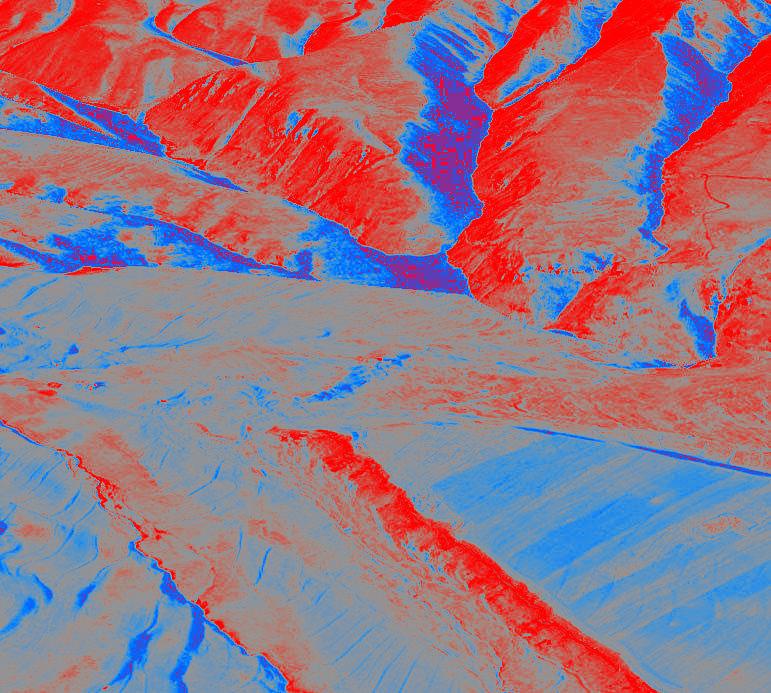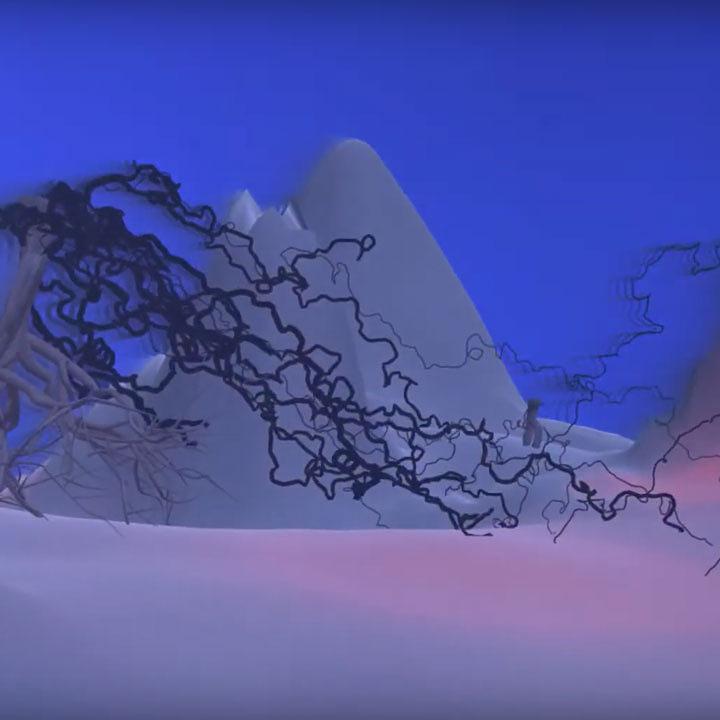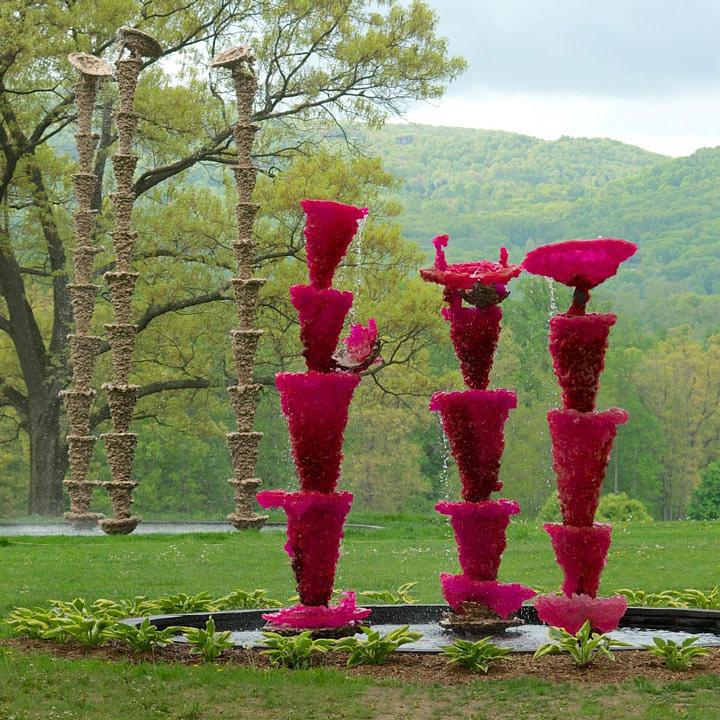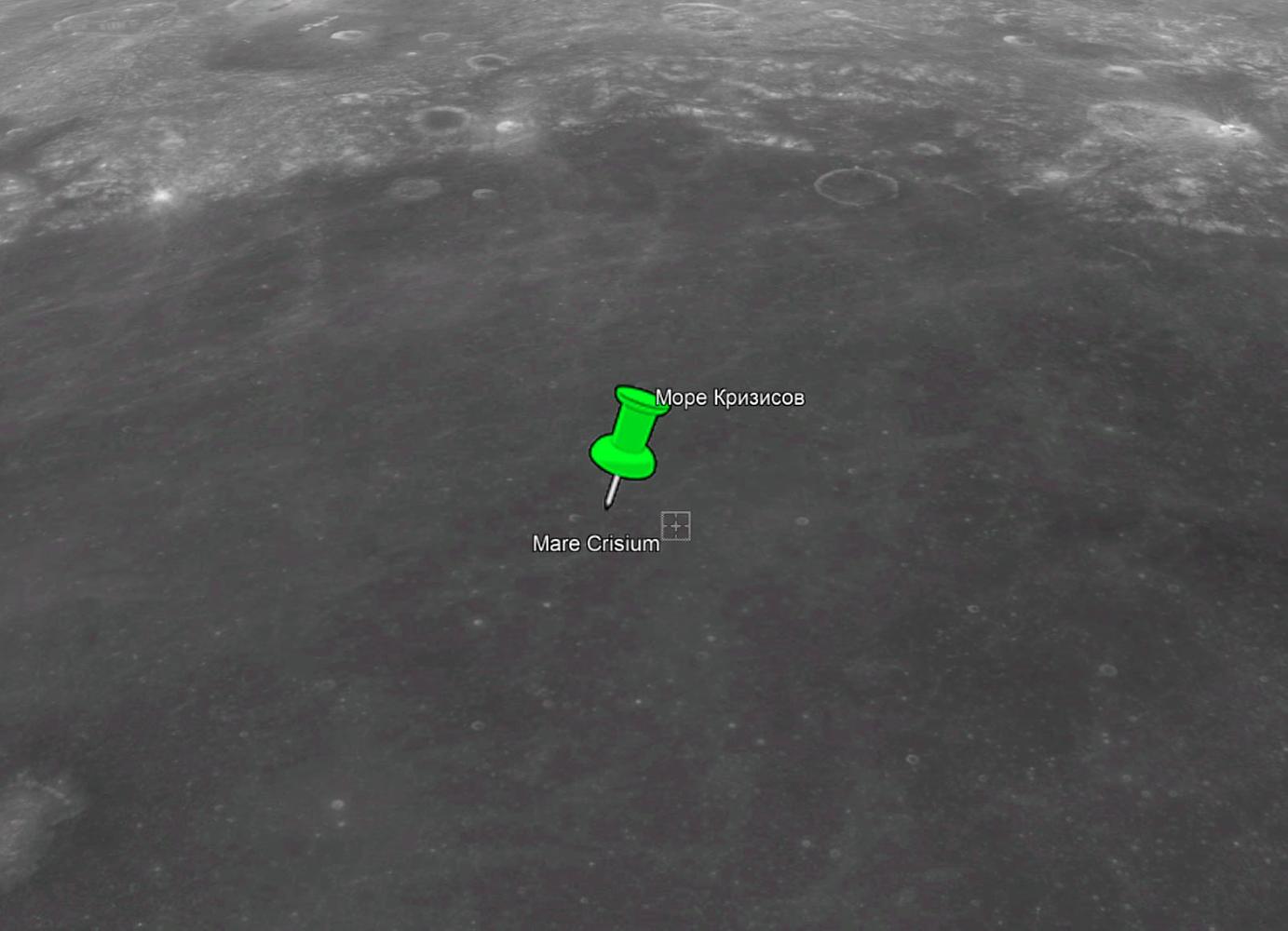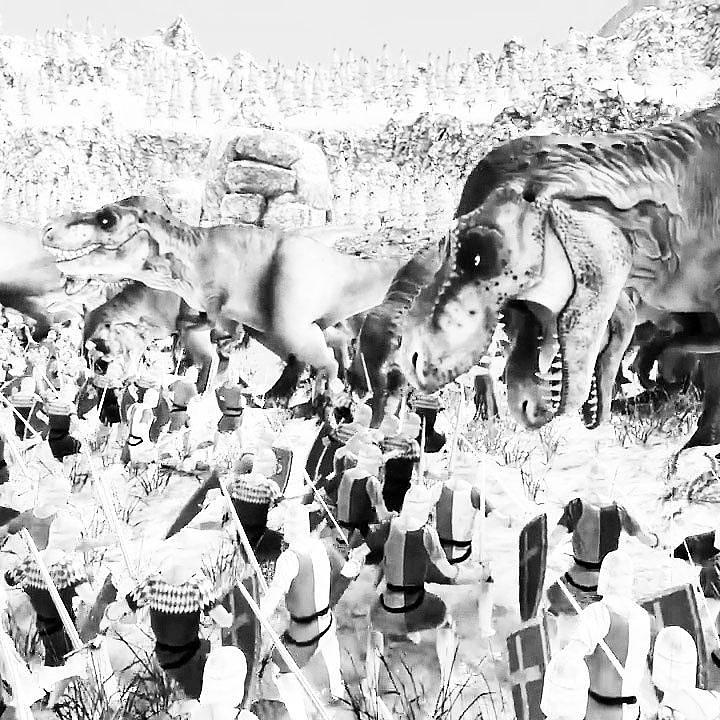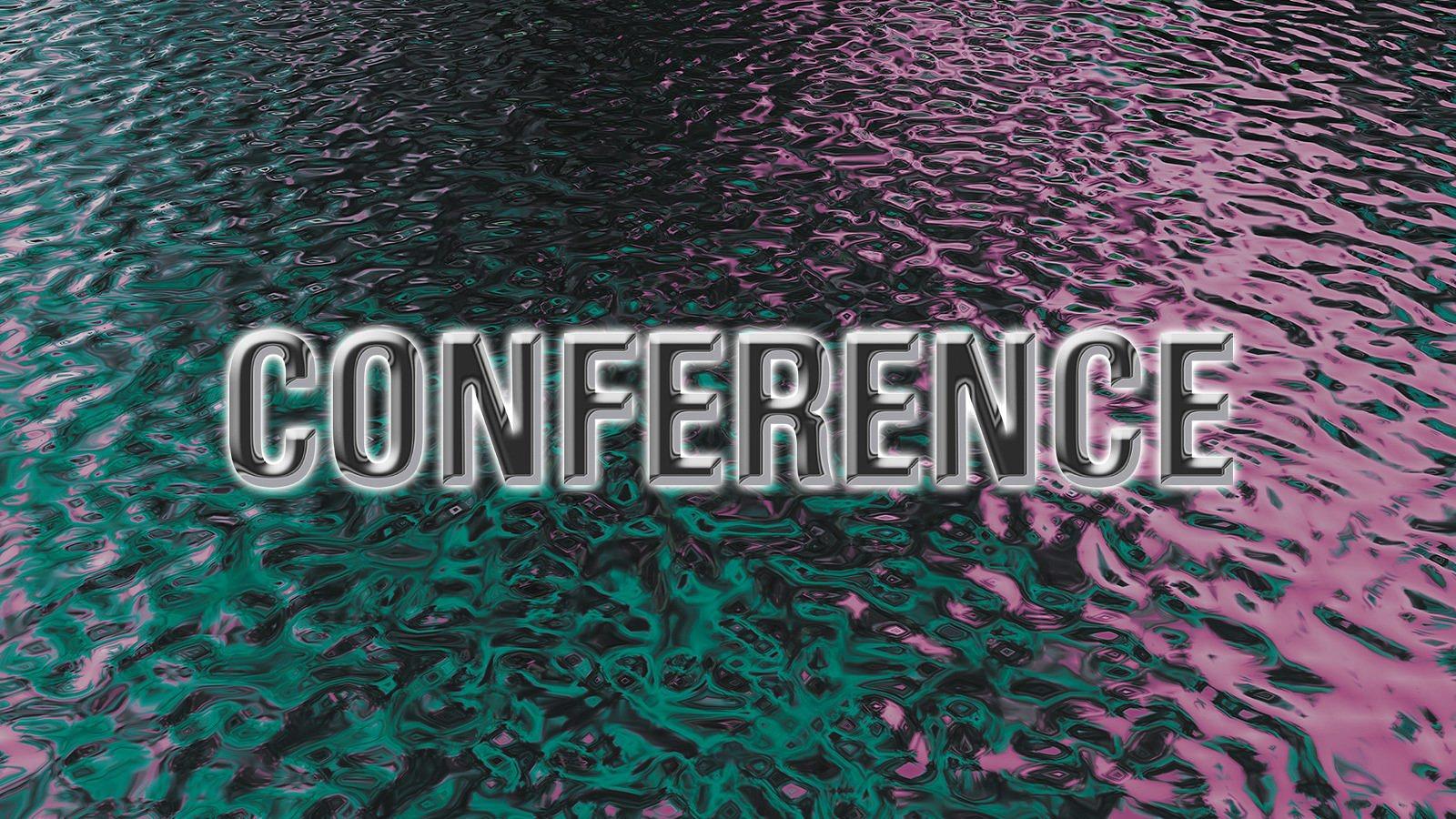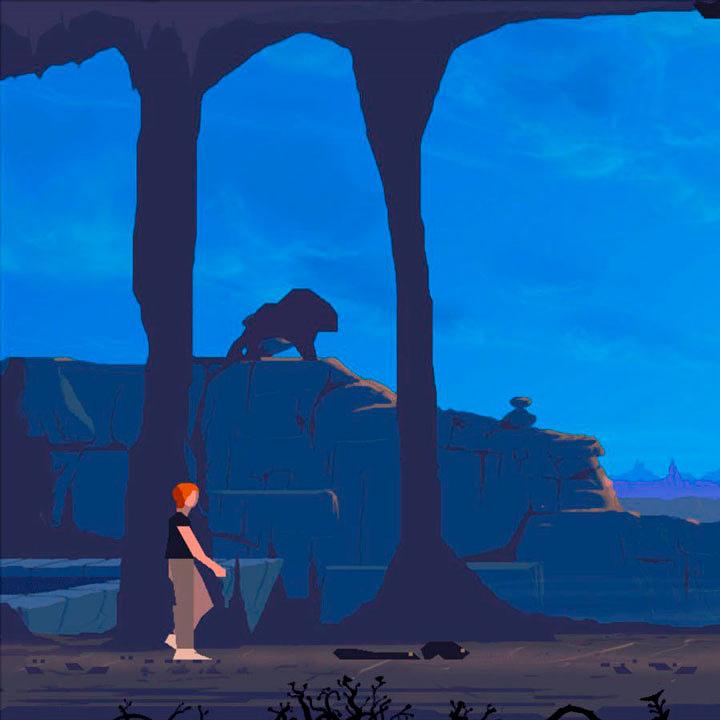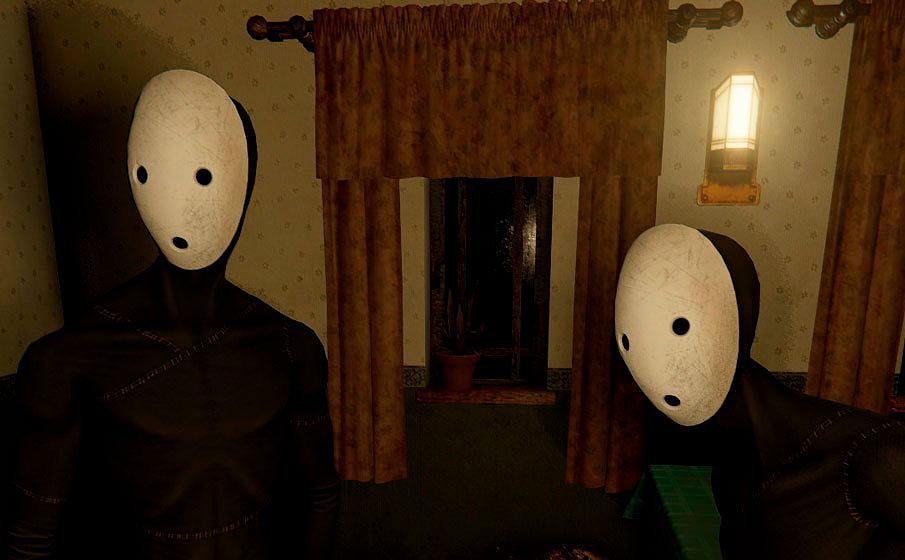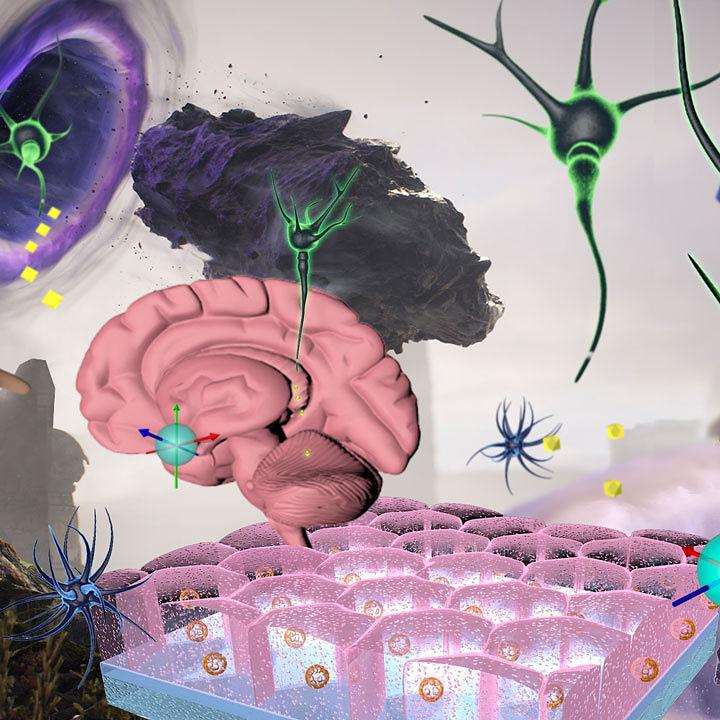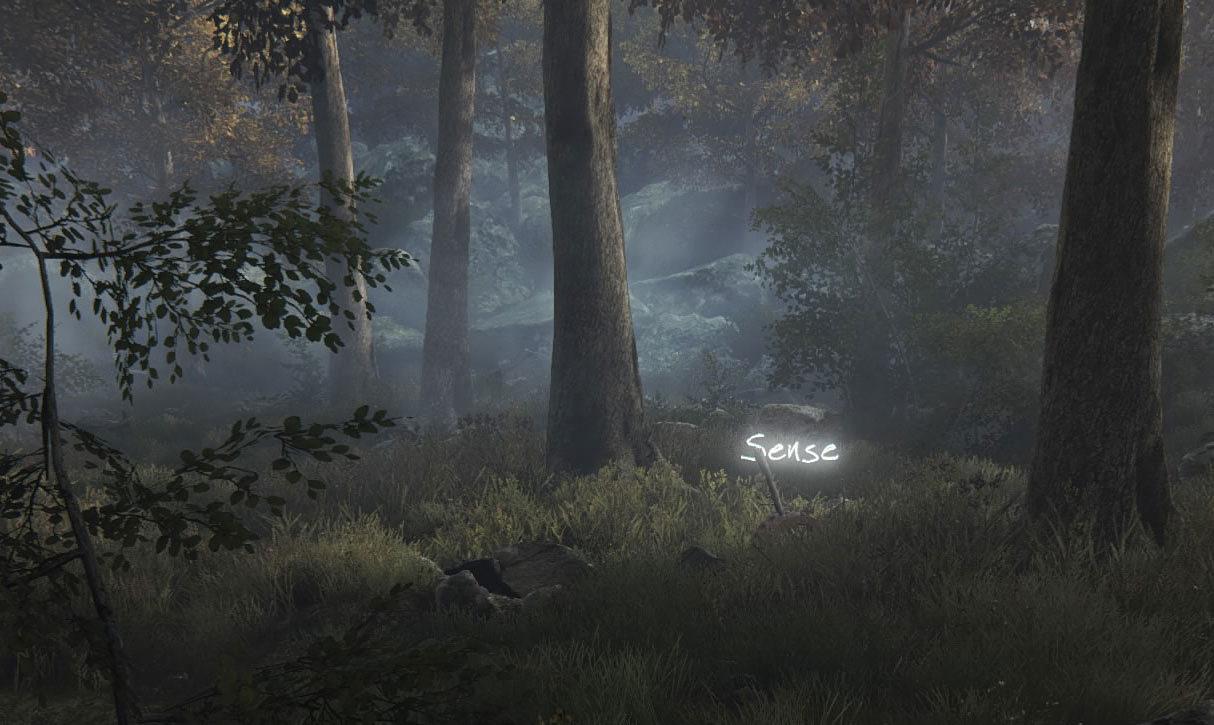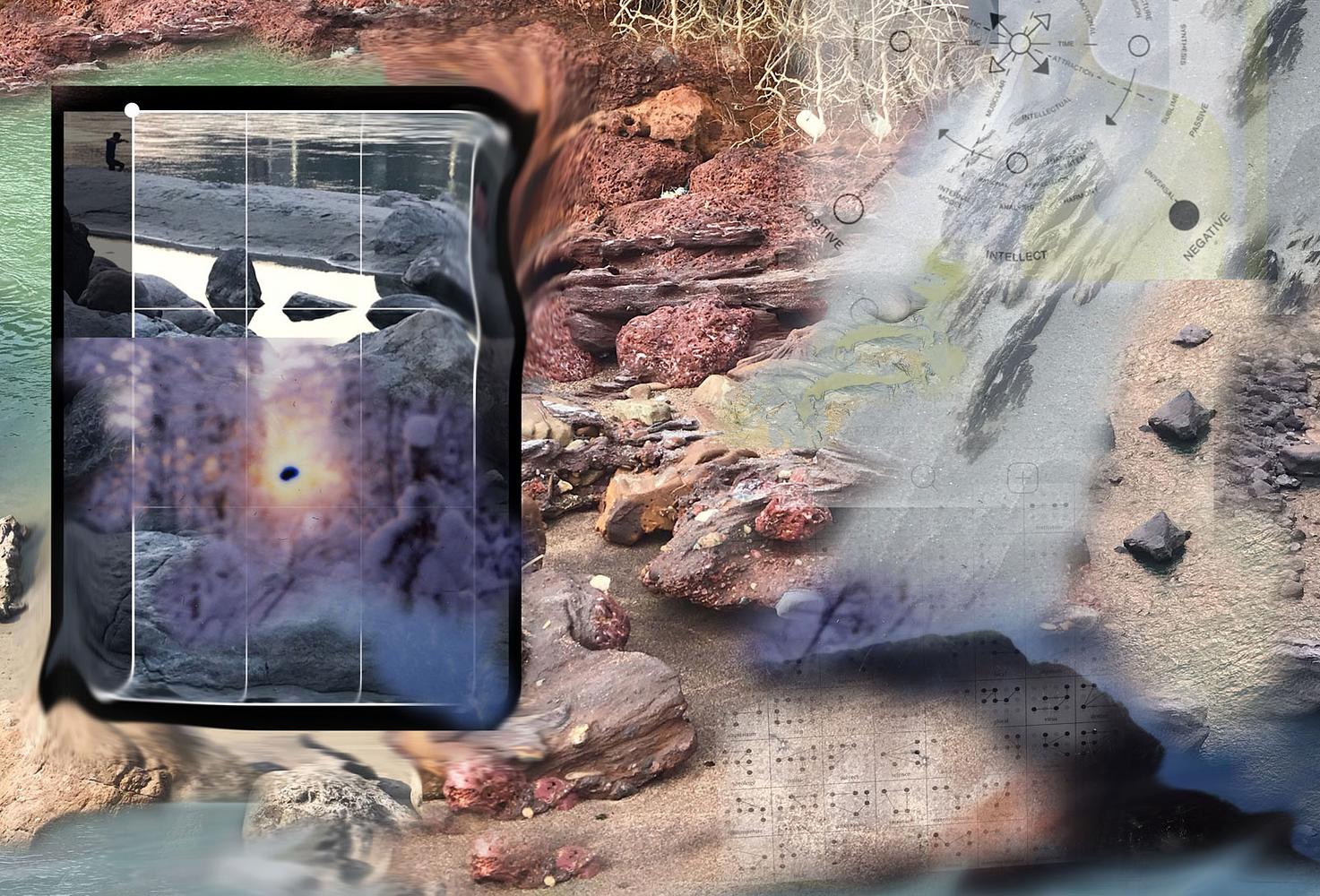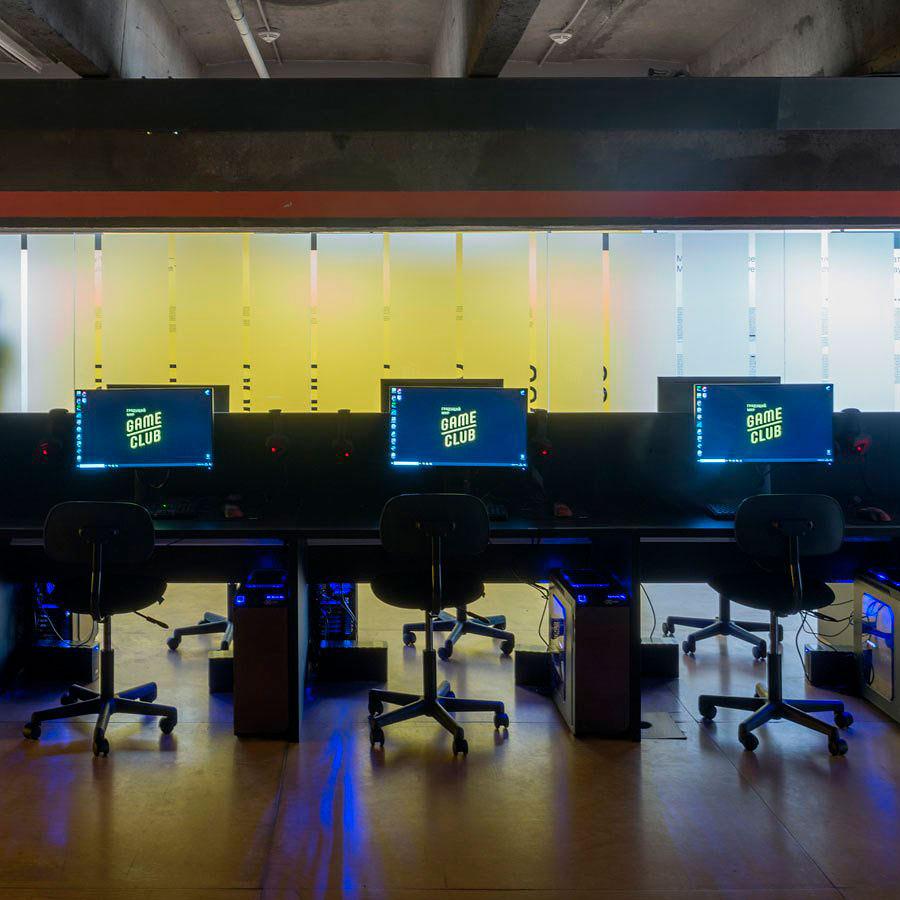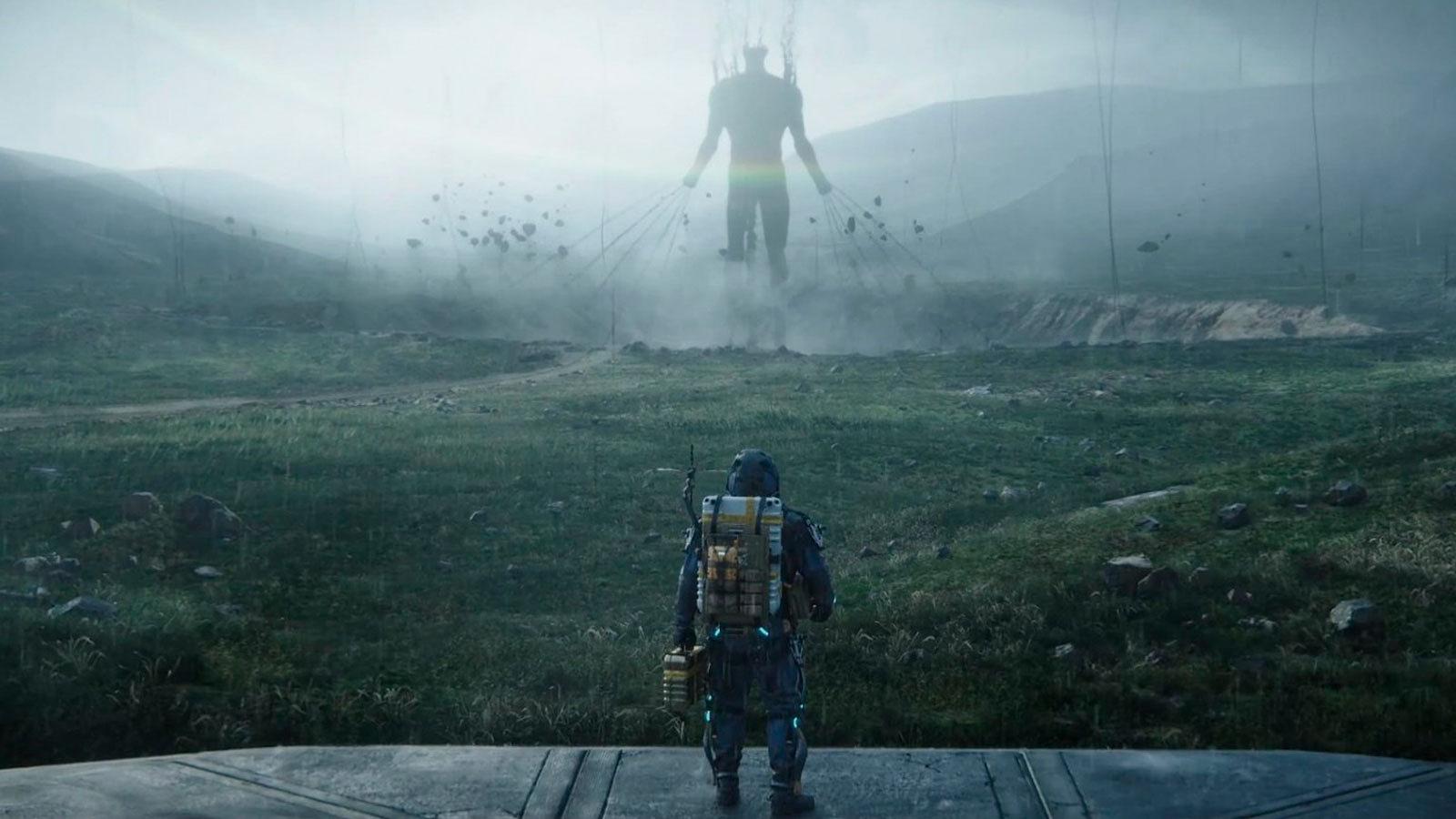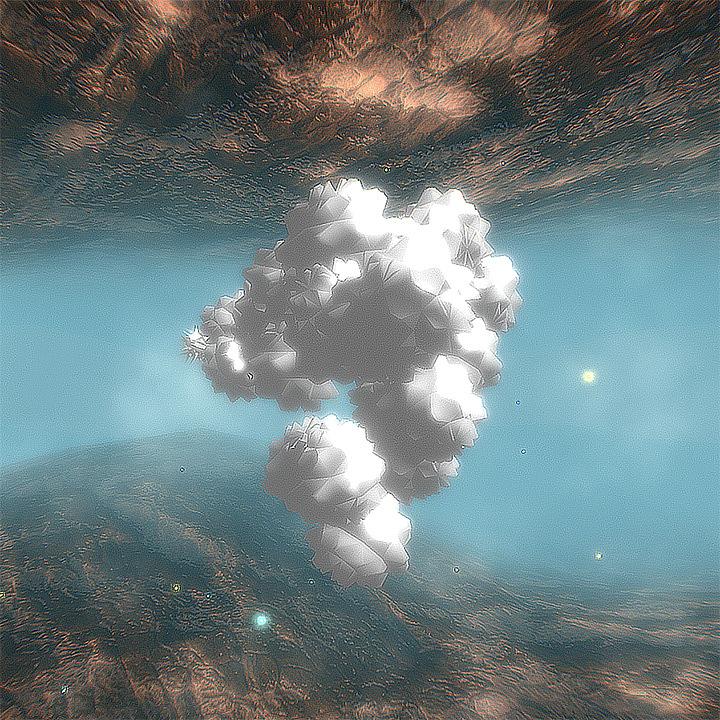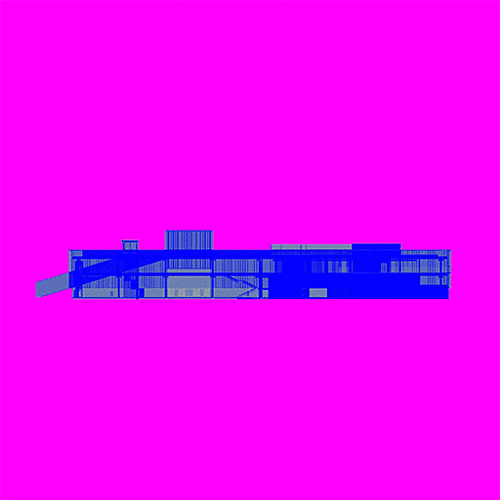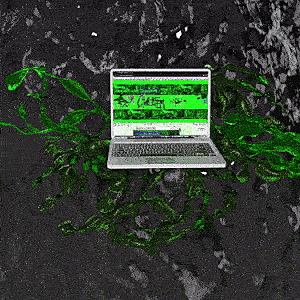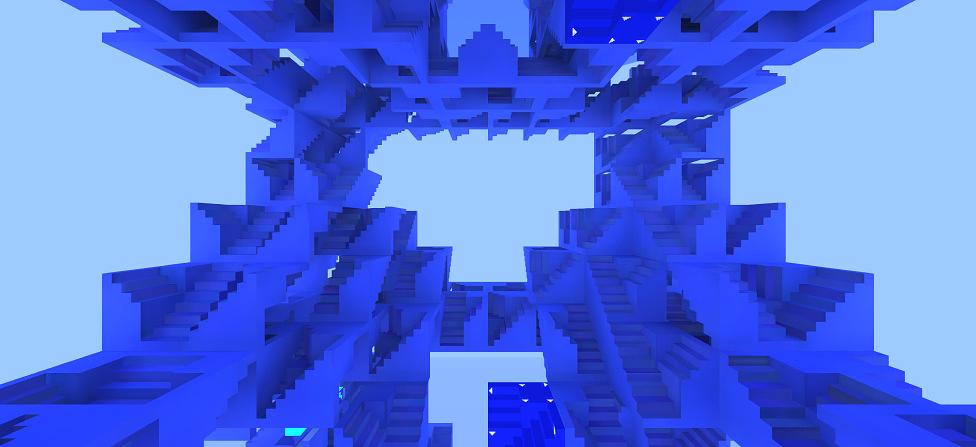
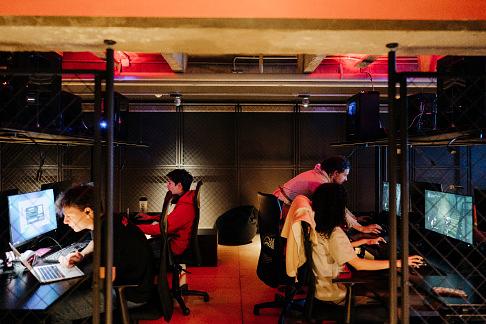
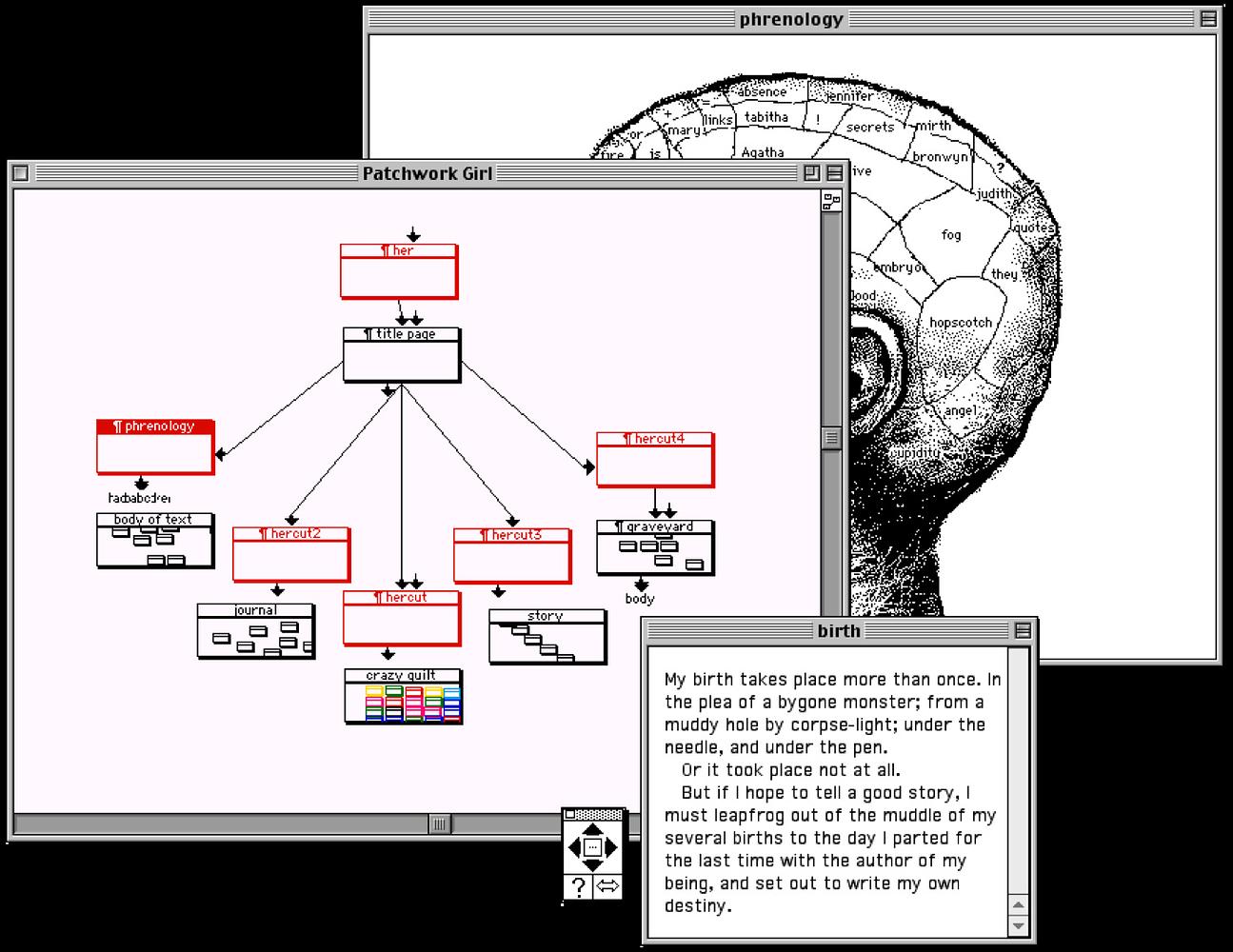
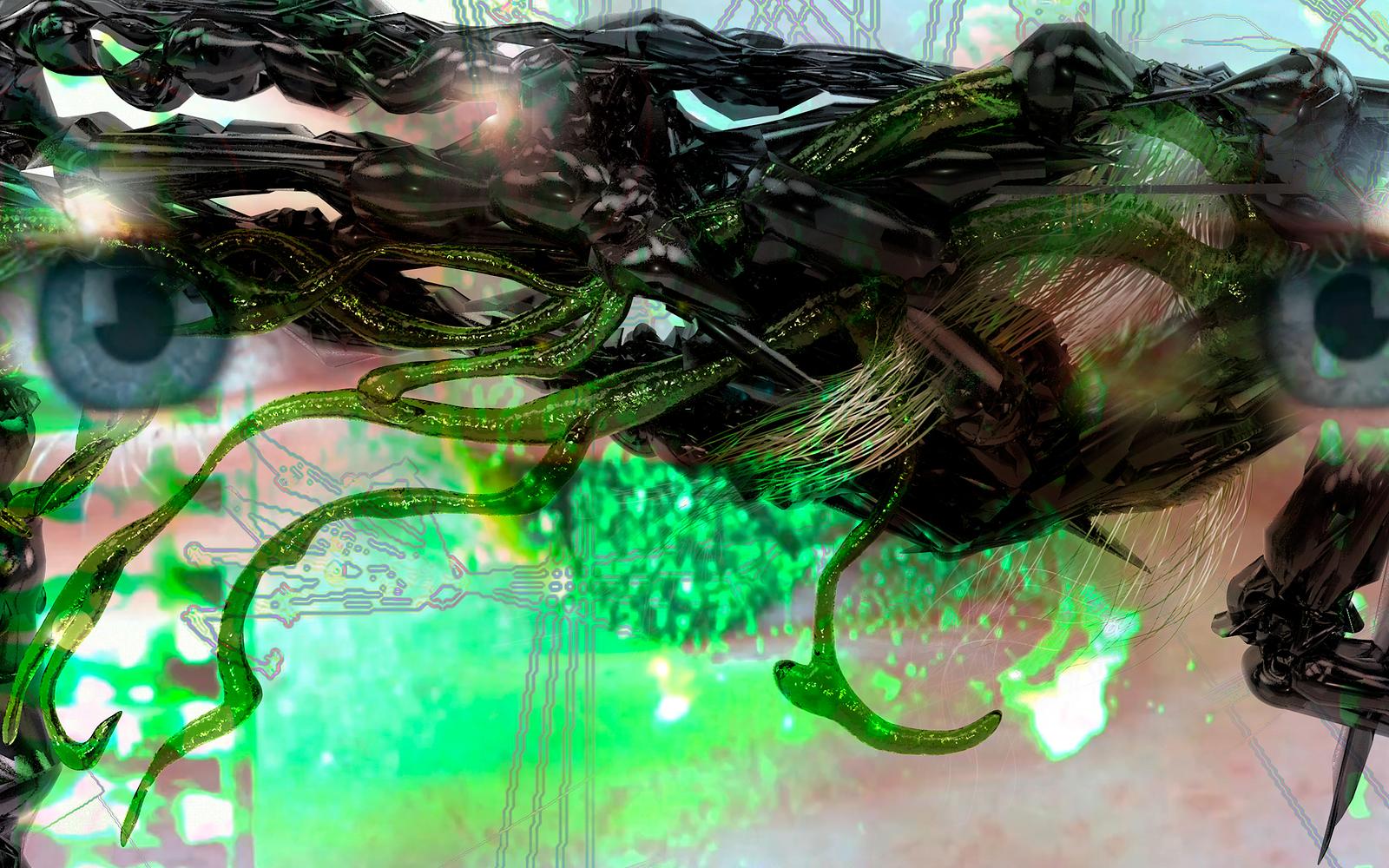
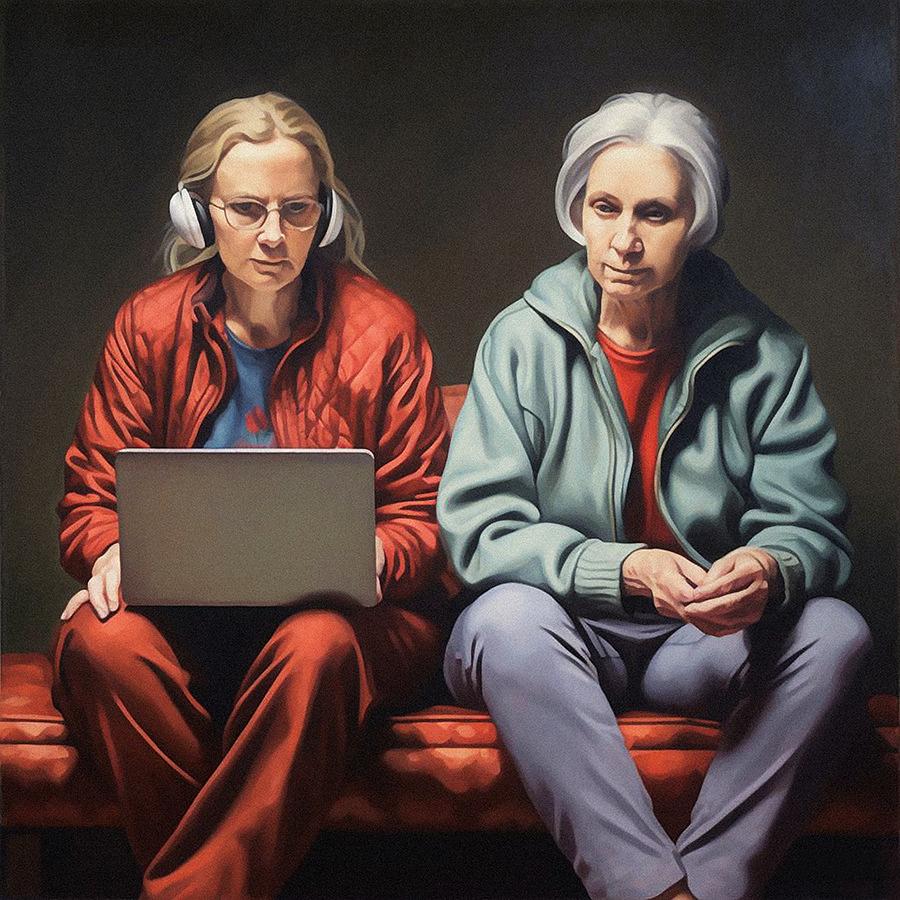
The main goal of the seminar is to transform gaming practice, which is casually believed to be a nonimportant recreational activity, into a training ground for the production of knowledge and social and cultural studies.
This event is part of the public program of the World Gone By computer class.
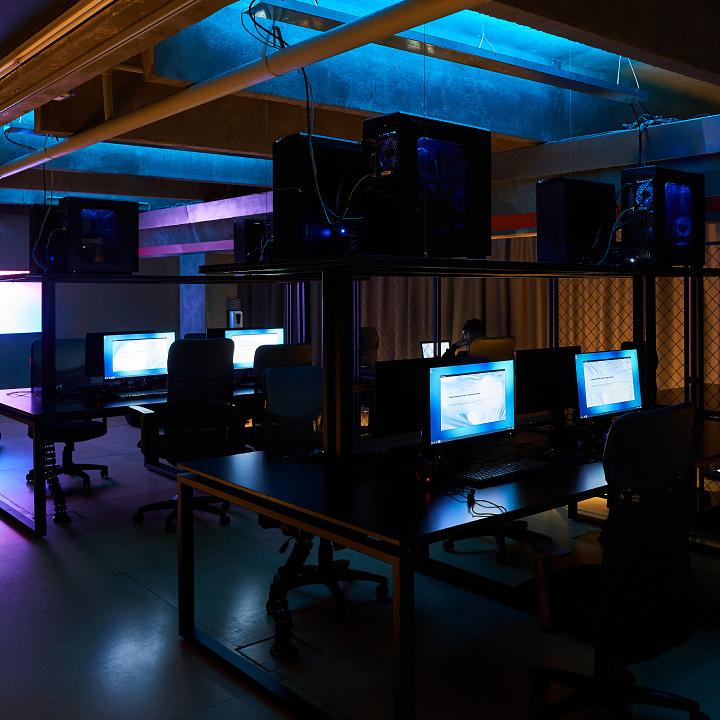
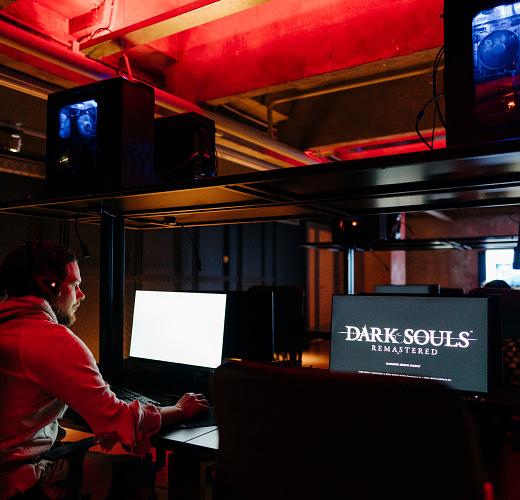
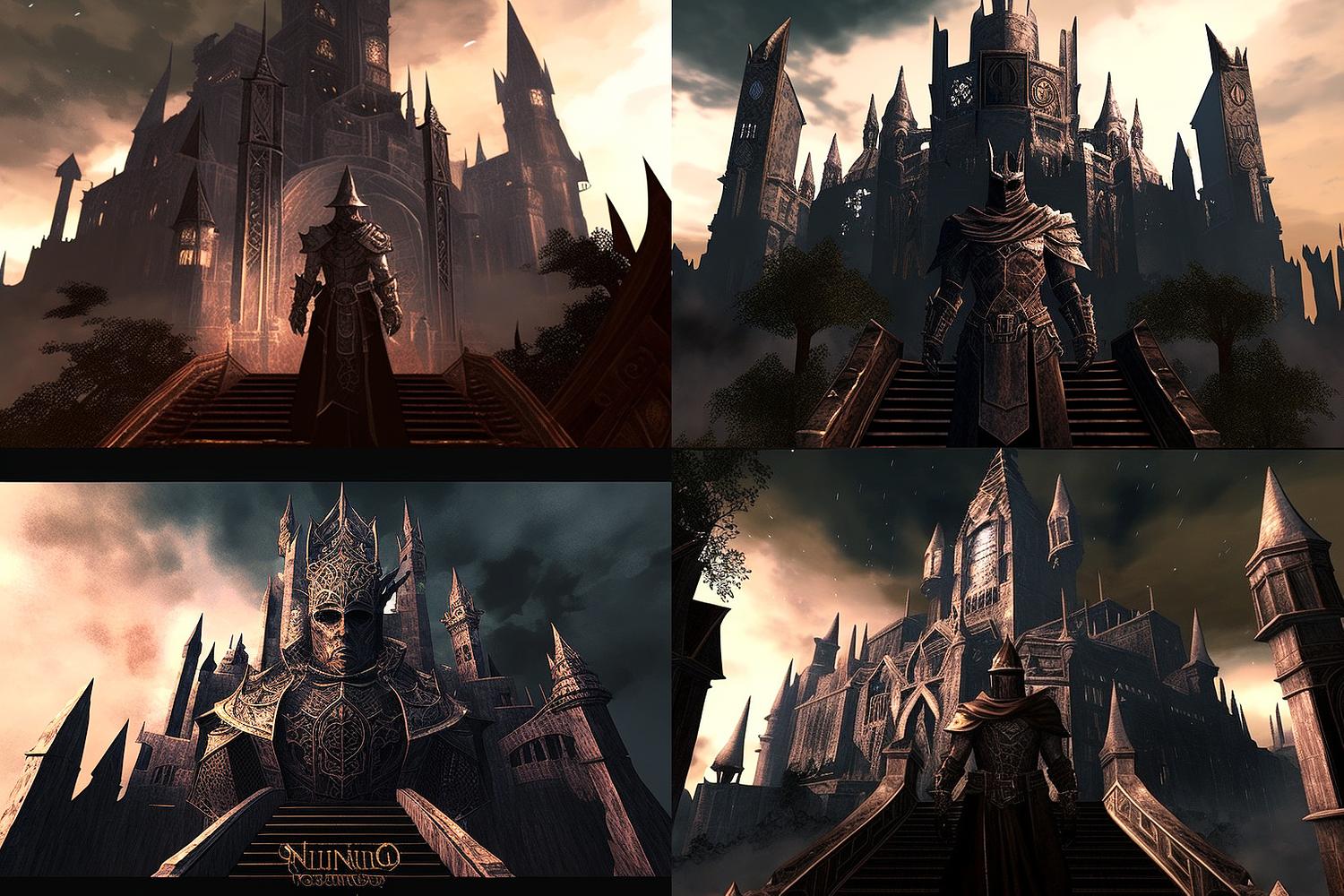
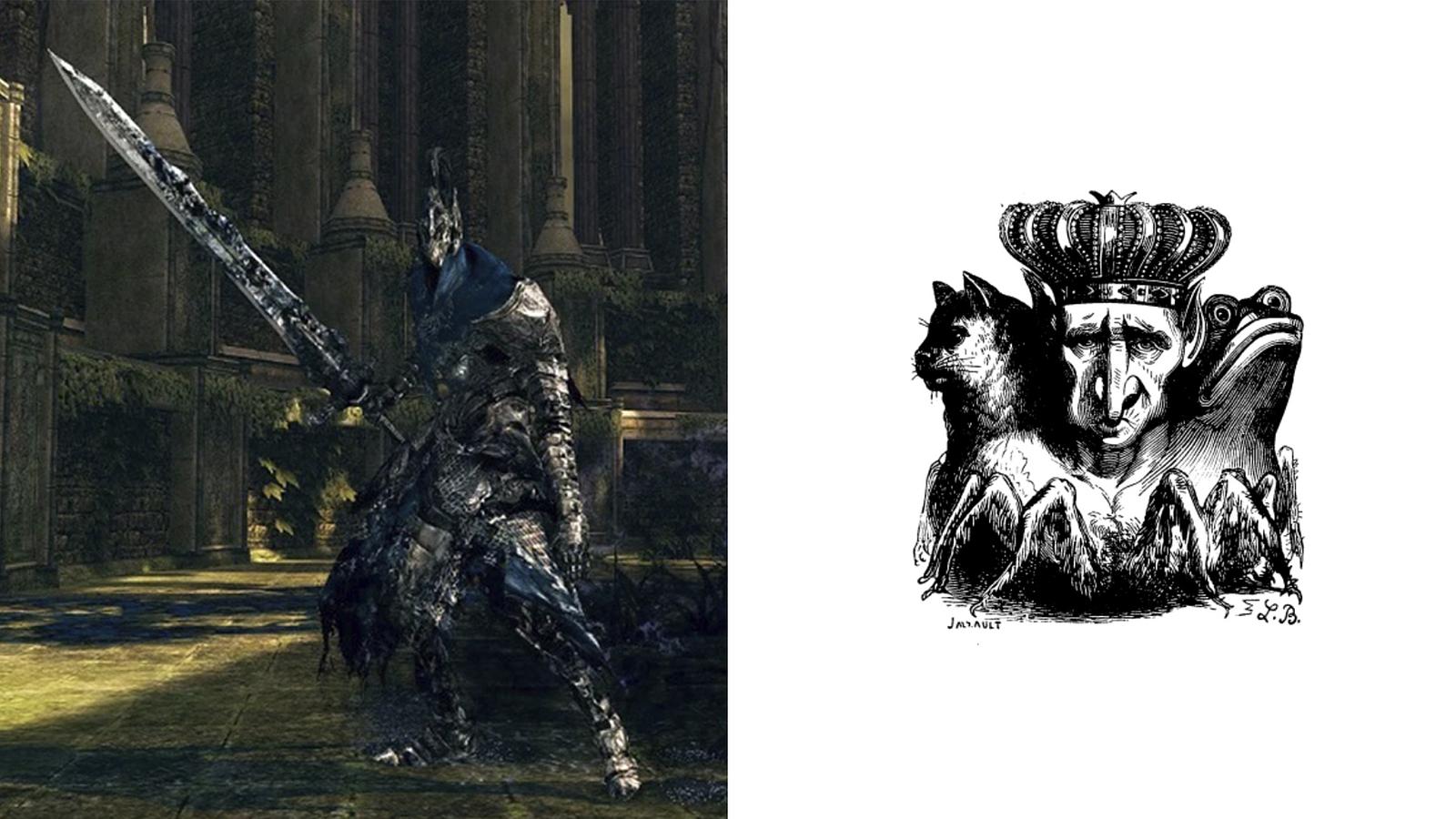
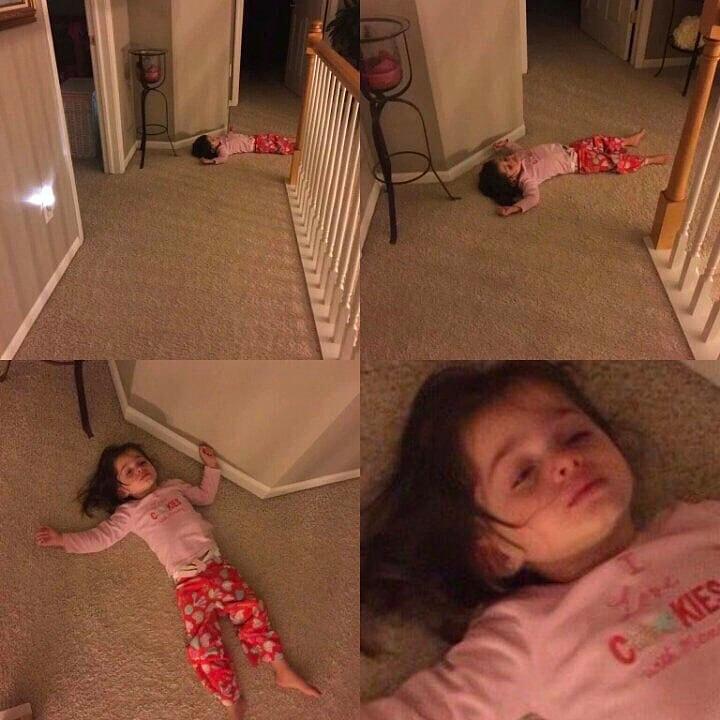

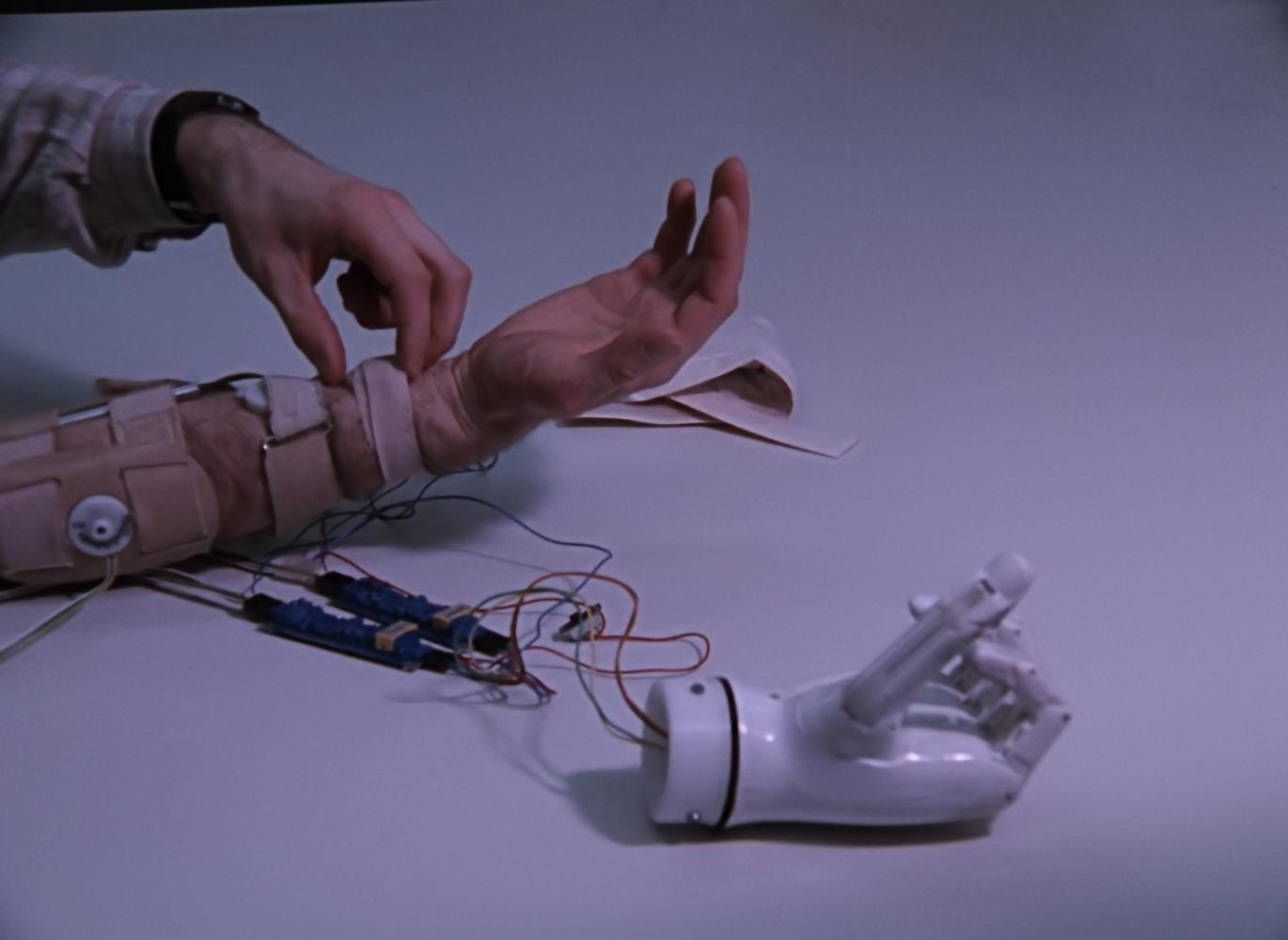
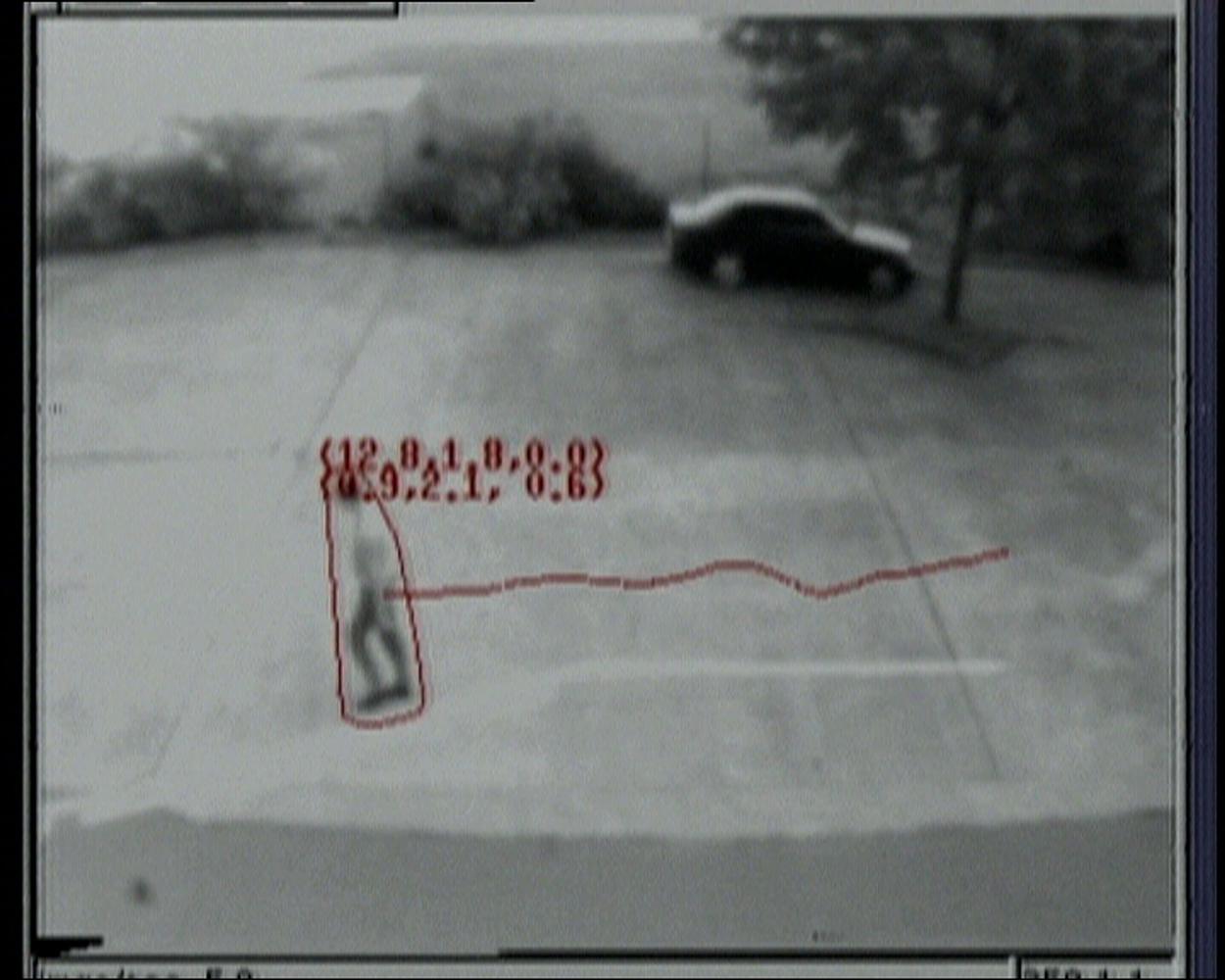

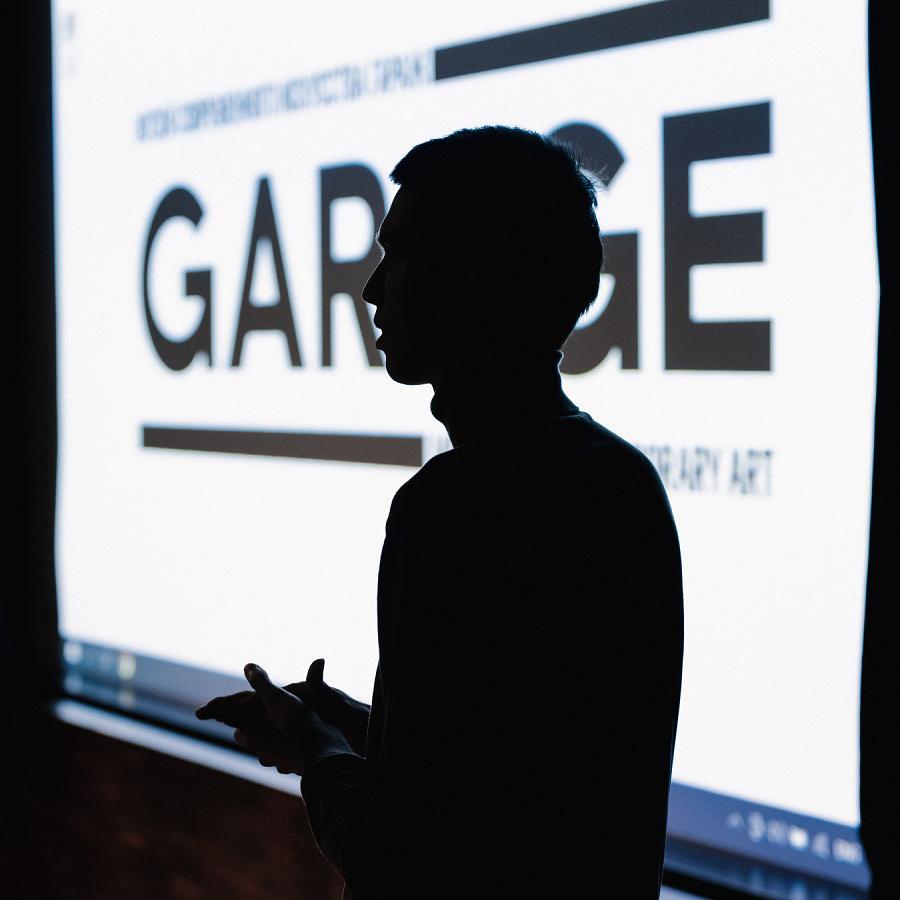
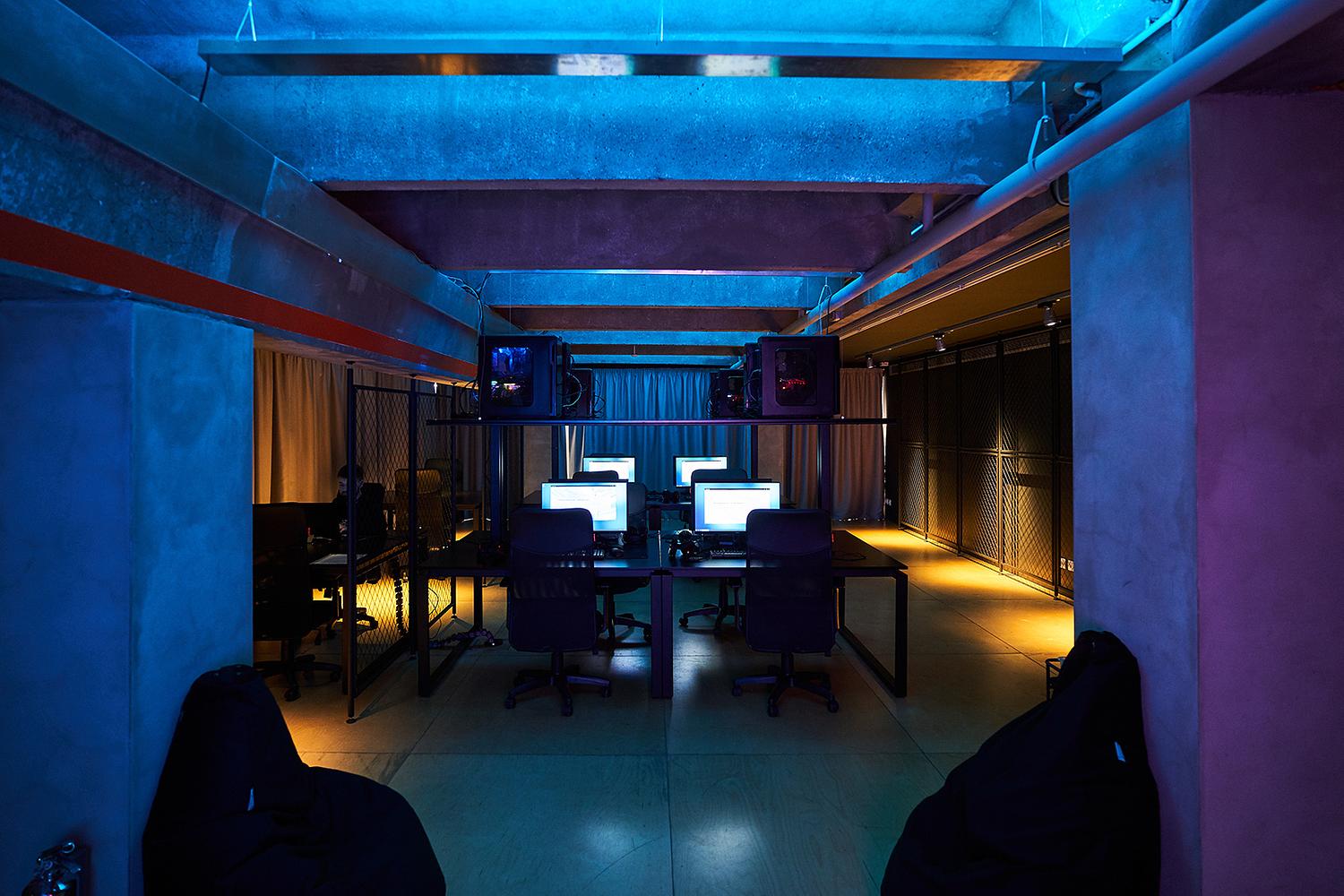
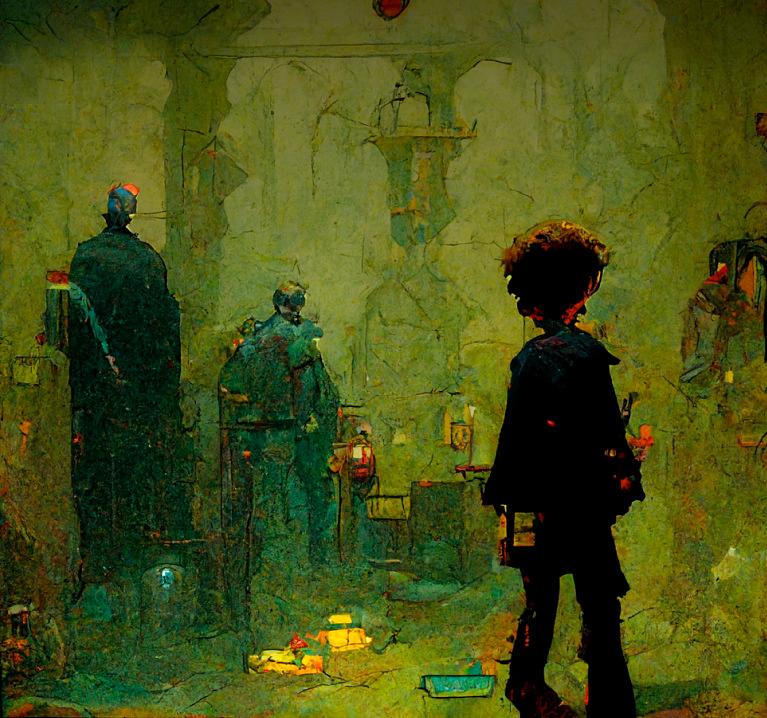
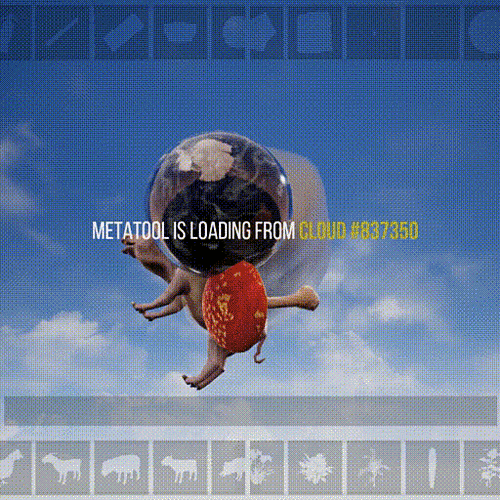
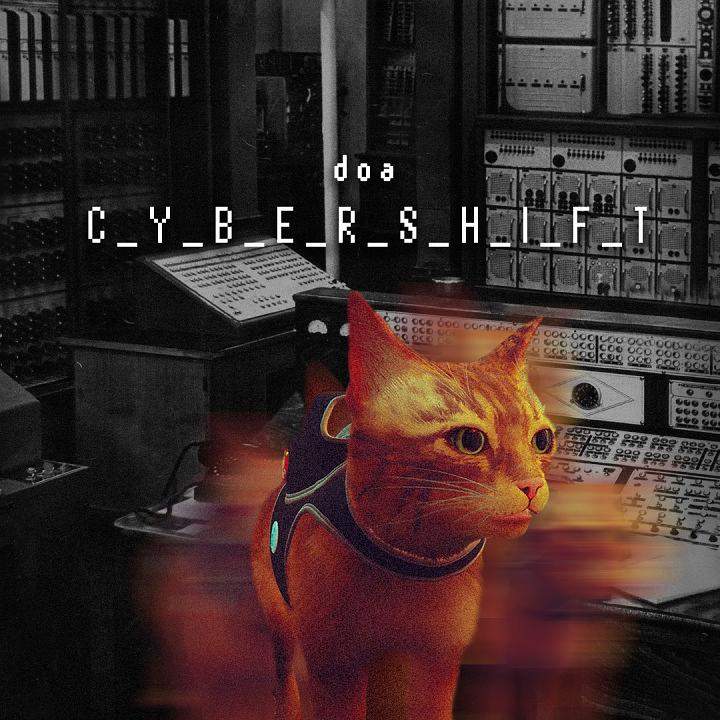
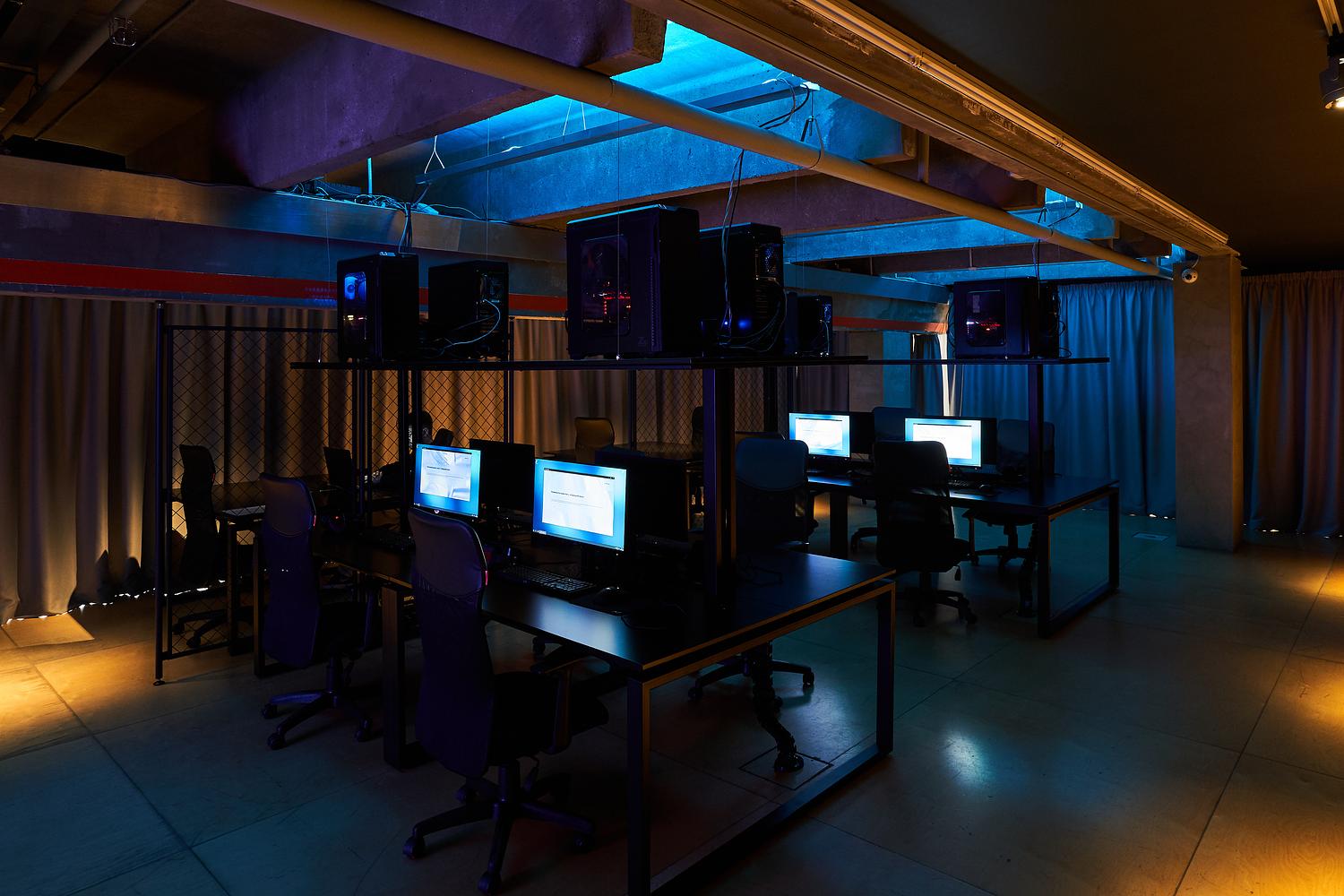
Garage Digital stopped working on this project.
Performance Hydrogen City is the new site-specific performance by Digital Object Alliance invites visitors to experience the materiality of a speculative world of the future through the possible embodiment of videogame logics. The performance took place at Hyundai Motorstudio Moscow as part of the joint program by Garage Digital and the online platform Rhizome for the international exhibition World on a Wire.
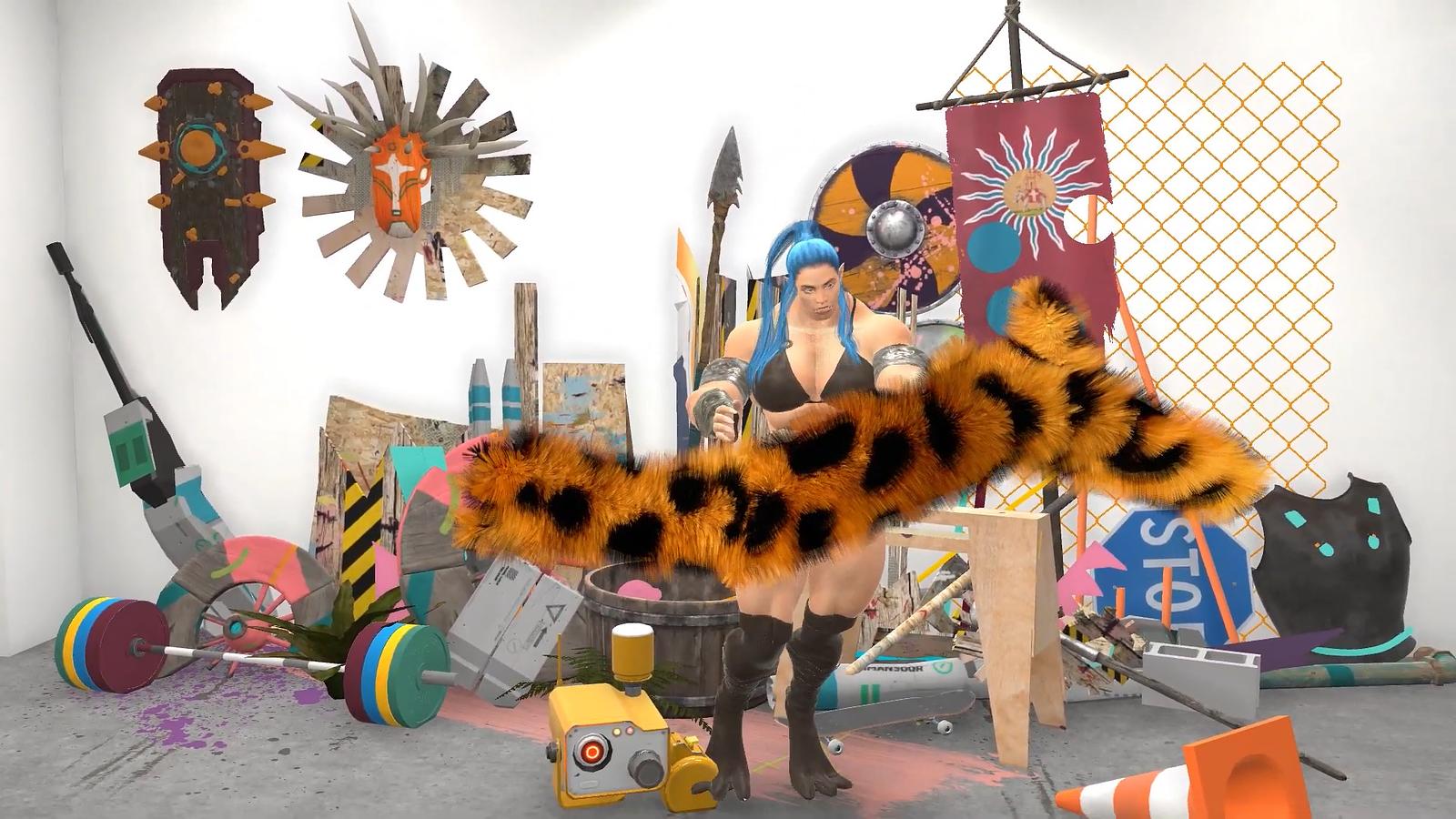
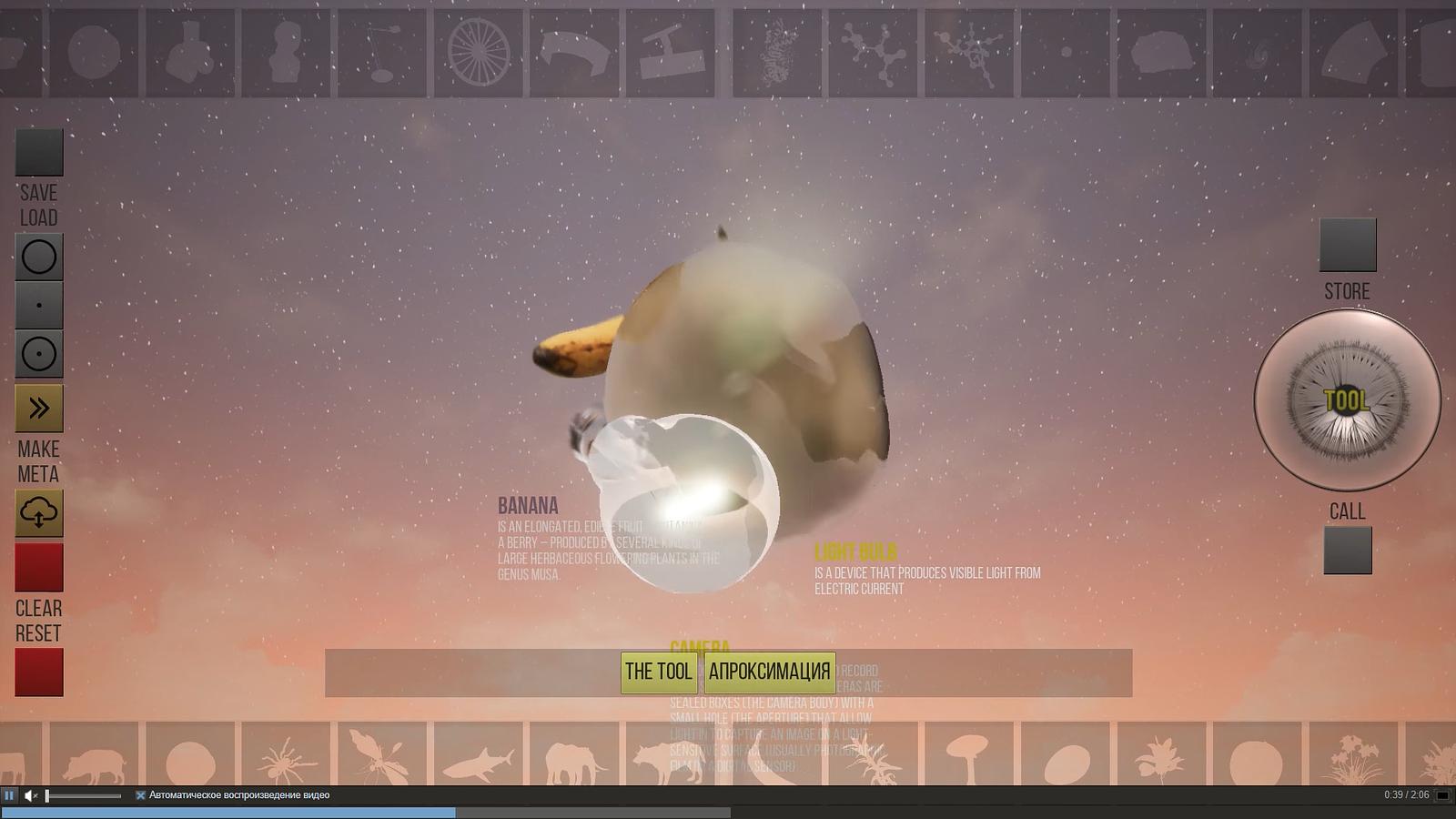
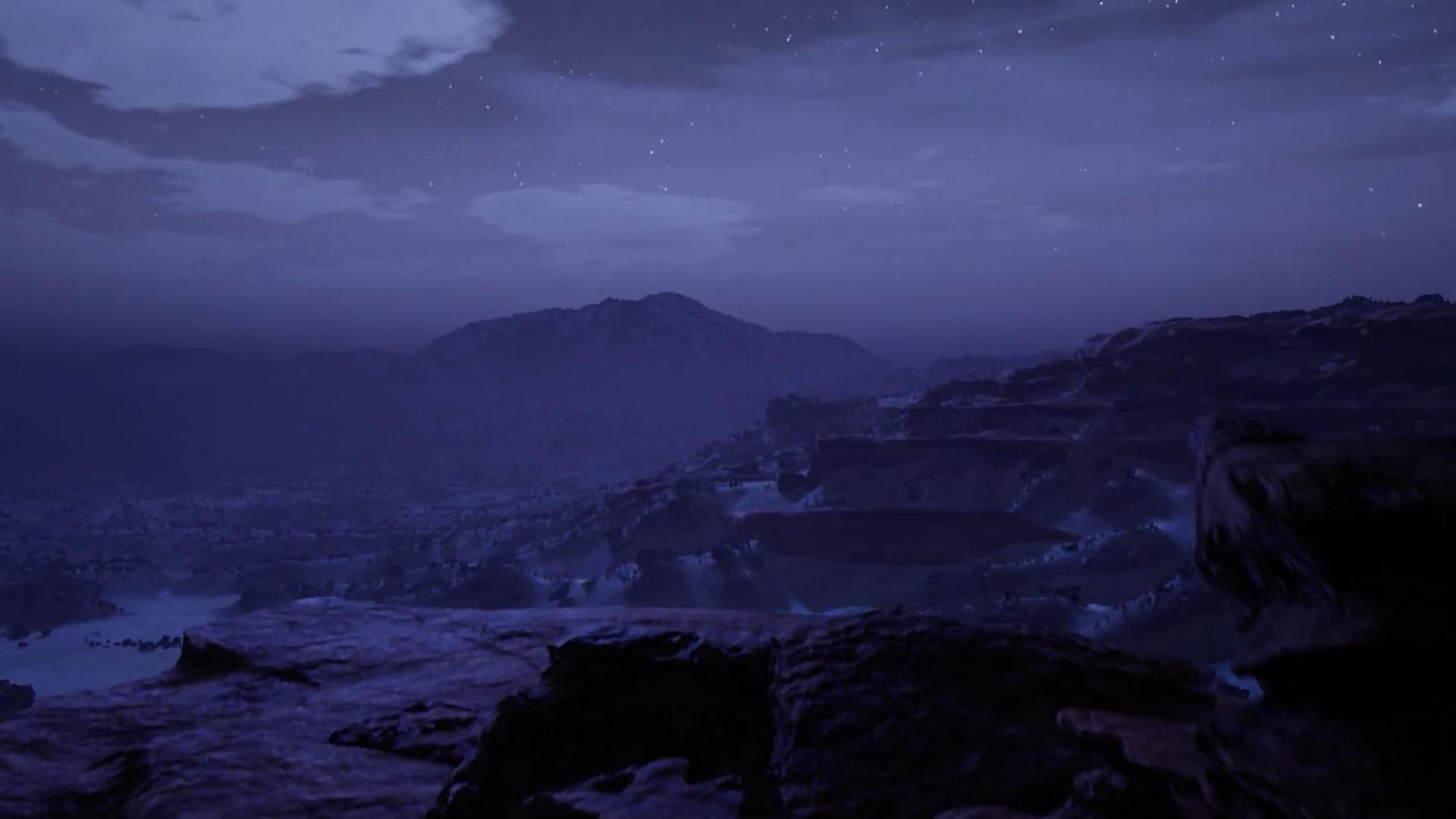
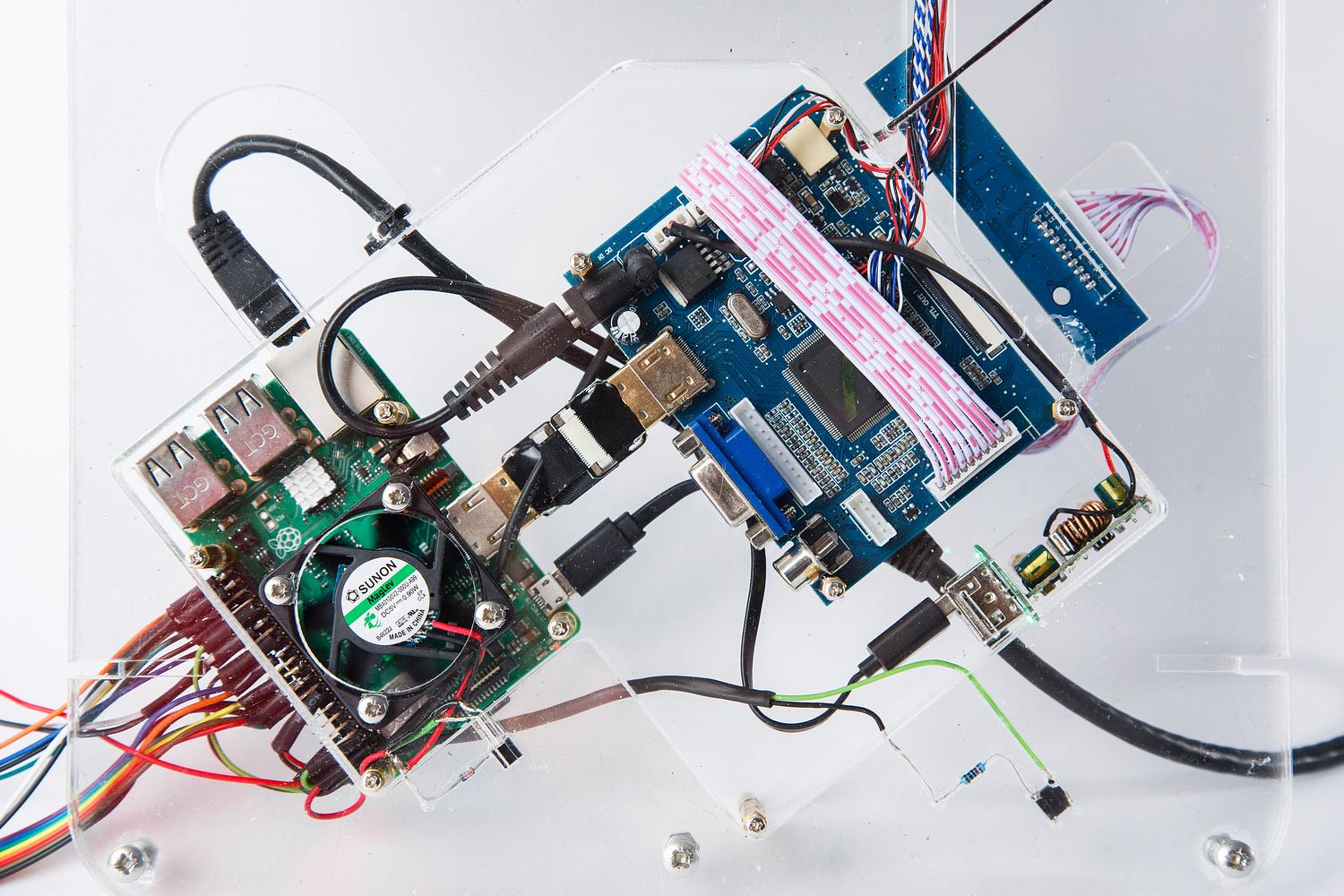
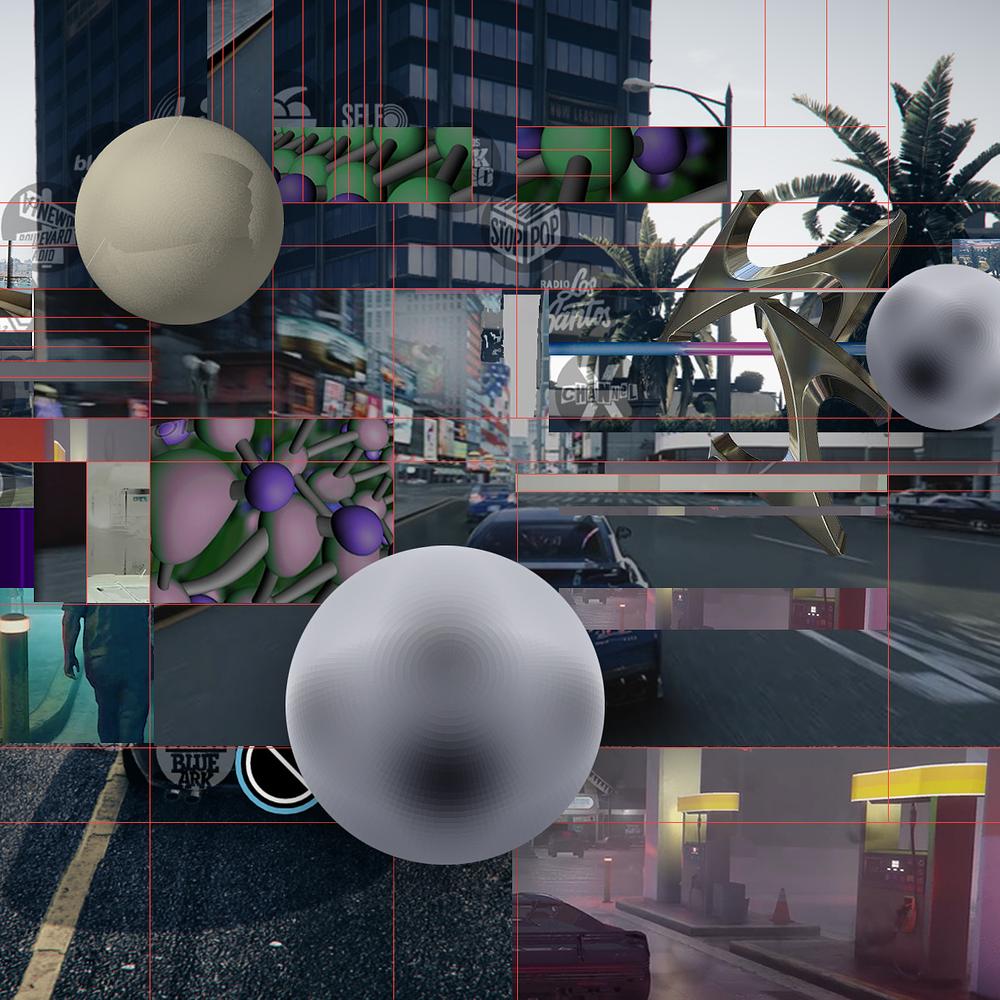
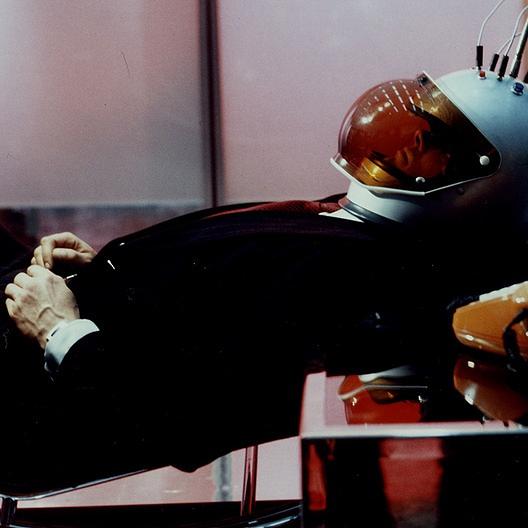
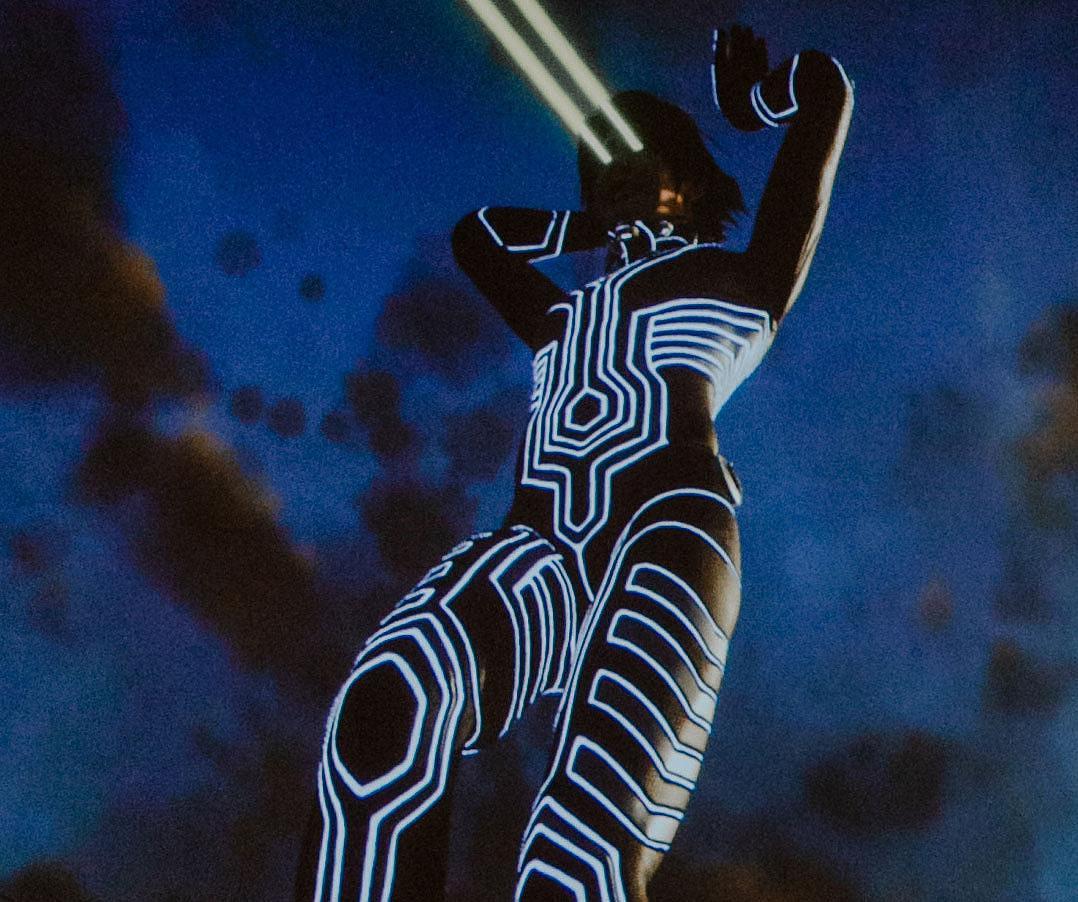
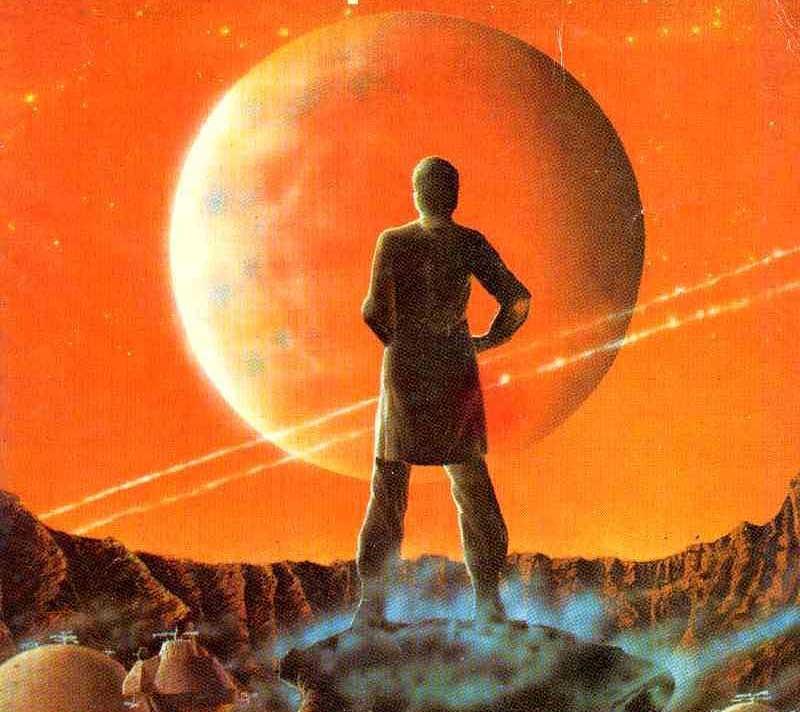
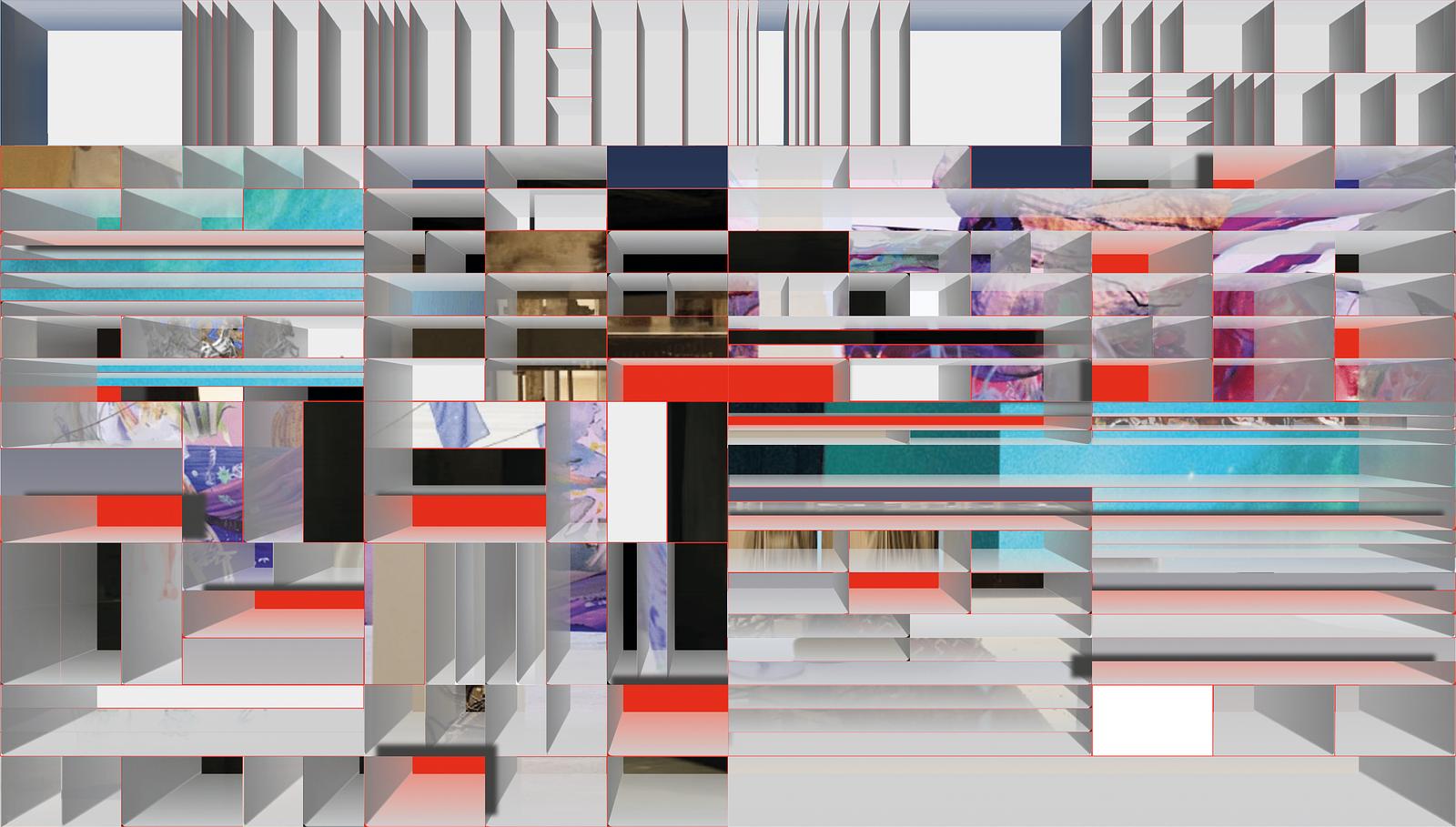
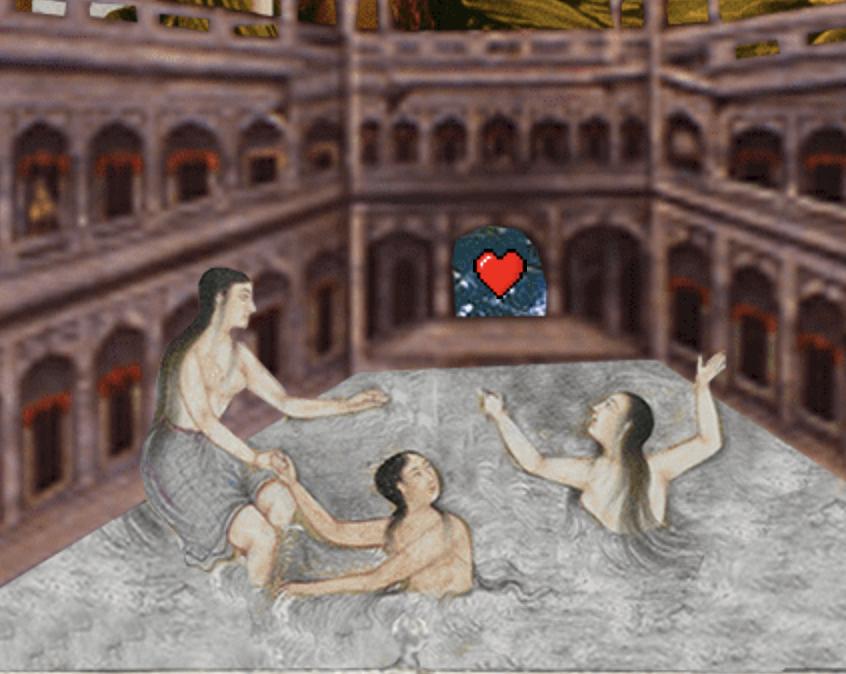
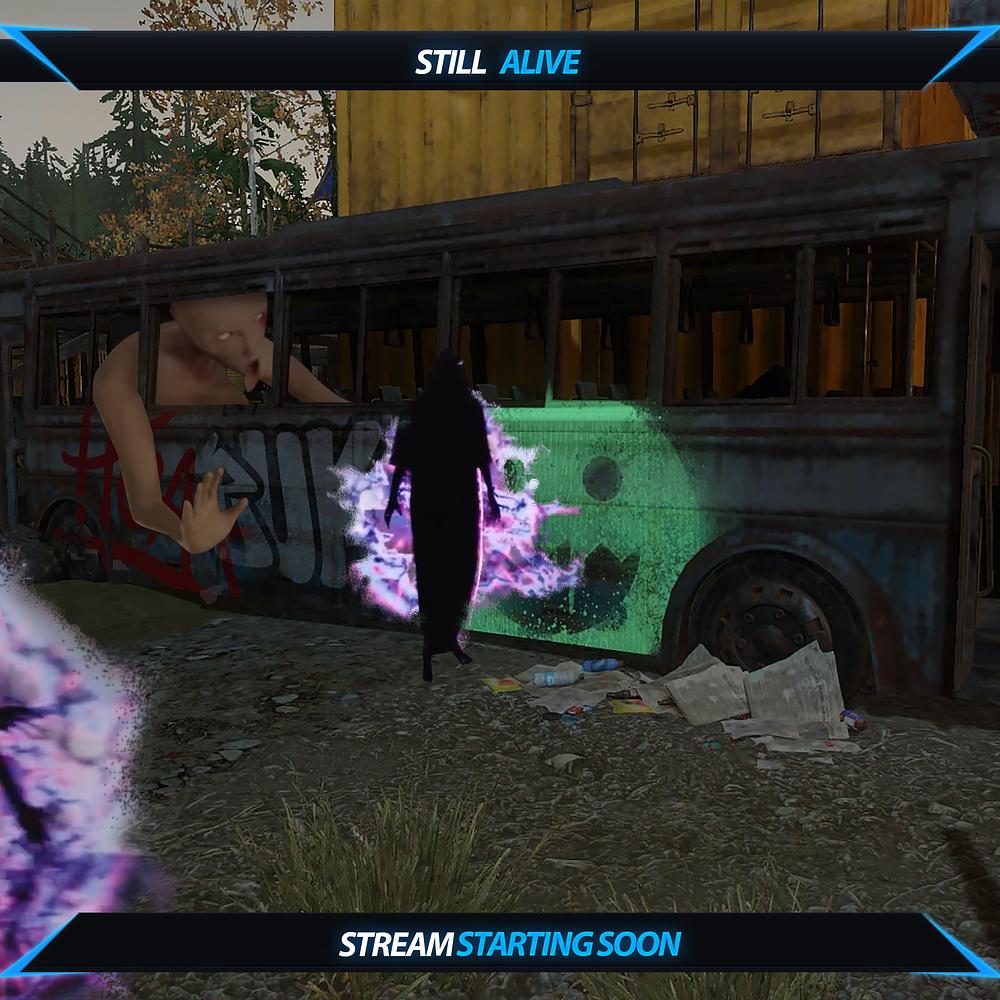
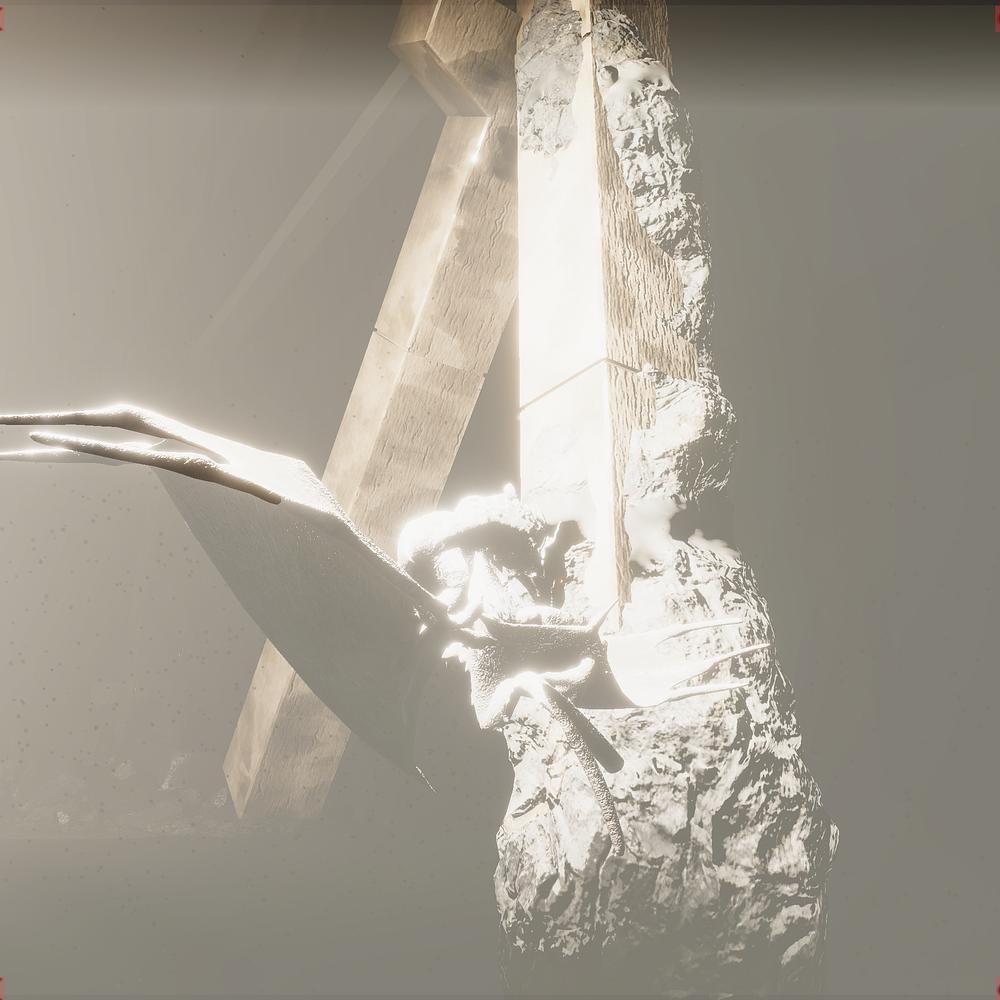
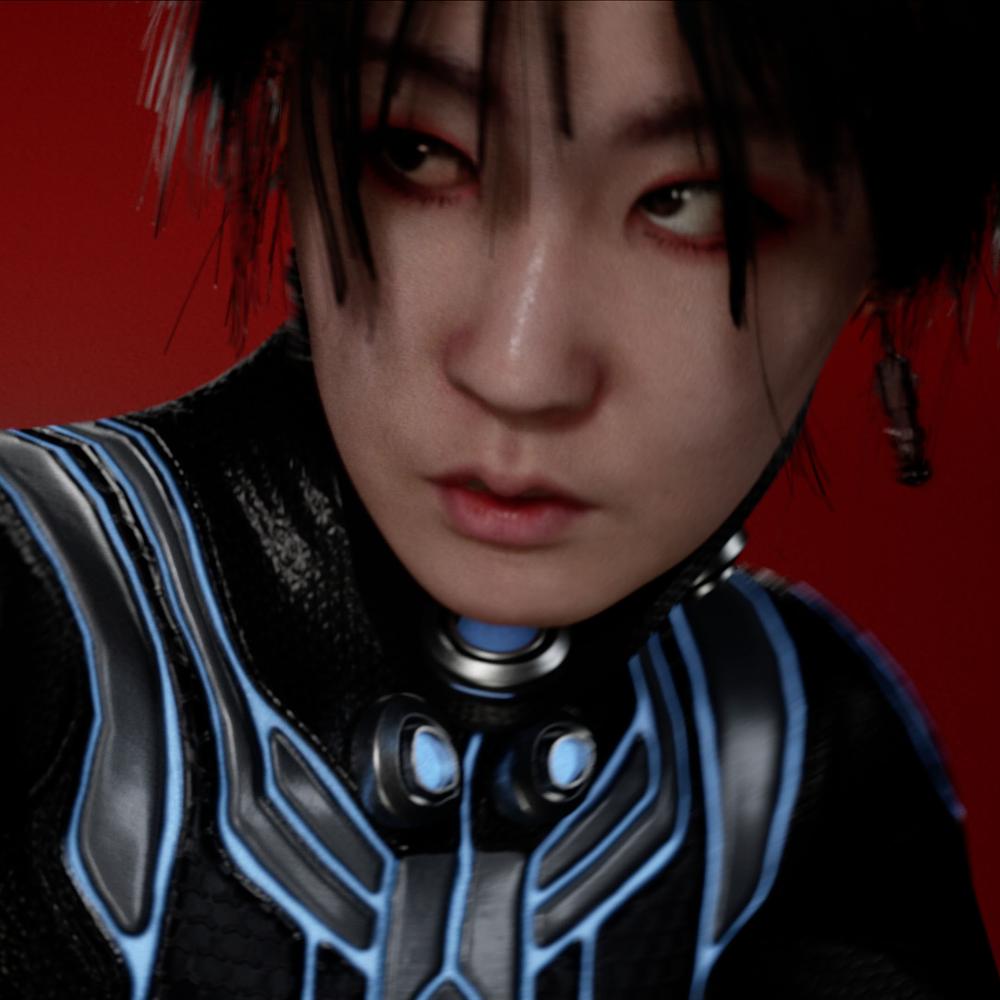

The new season of the Garage Digital grant program—Situated Worlds—invites artists and researchers to explore the idea of multiple coexisting worlds and ways of creating them, drawing on Donna Haraway’s theory of “situated knowledges.”
This theory rejects the possibility of knowledge able to cover the entire world and make a fair judgement about it. Instead, it suggests an understanding that any perspective on the world is essentially partial and limited due to the fact that it is produced by an embodied, located subject.
At the same time, as author and media theorist McKenzie Wark has pointed out, the concept of the world is too broad and complex: in fact, we only ever see part of it and our ideas about what we call “the world” never form a complete picture but something more like multiple separate worlds. Juxtaposing these worlds against one another and studying the possible navigations between them proves to be productive in many areas of knowledge, from media geology and critical infrastructural studies to a planetary view of the world.
The multitude of situated worlds requires attention to various conditions and positions of the production of knowledge, which, when they meet and do not coincide, may fail to recognize each other and create epistemologies of domination and zones of mutual exception. This attention becomes a work of engineering, directed at the creation of new social and aesthetic structures and projects for collective being that can take into account the coexistence of various worlds, navigate them, and identify dislocations and blind spots.
The first season of the Garage Digital program focused on new methods of research—the hacking of suggested/habitual strategies of the production of knowledge/images and the creation of alternatives inside environments mediated by technological infrastructures.

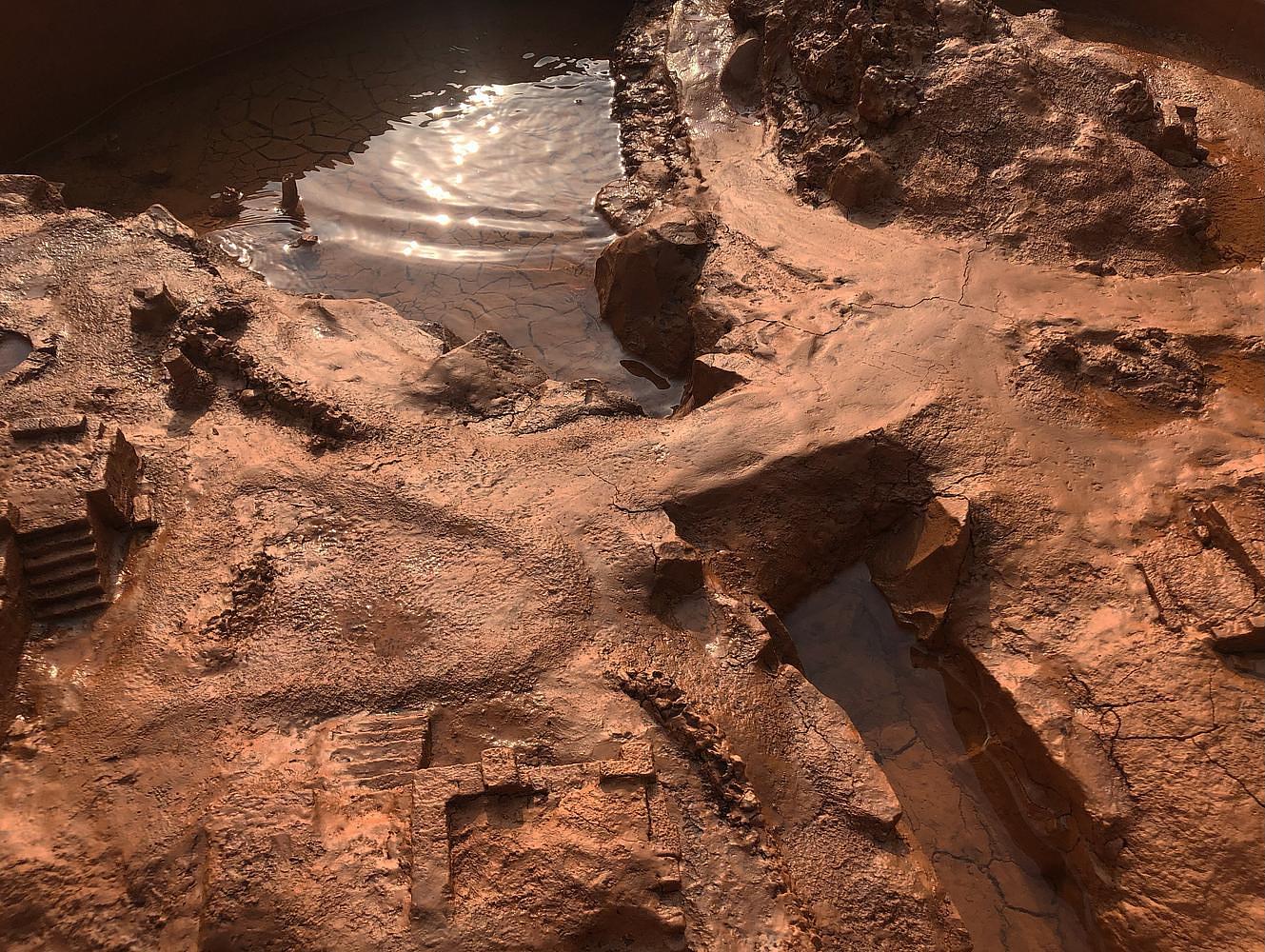
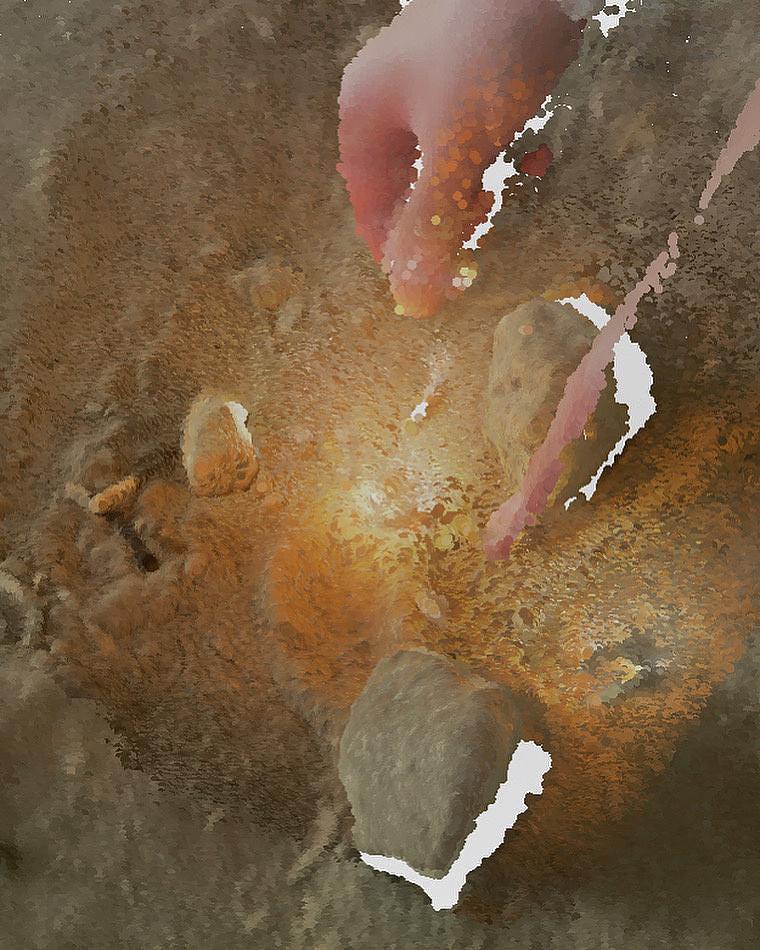
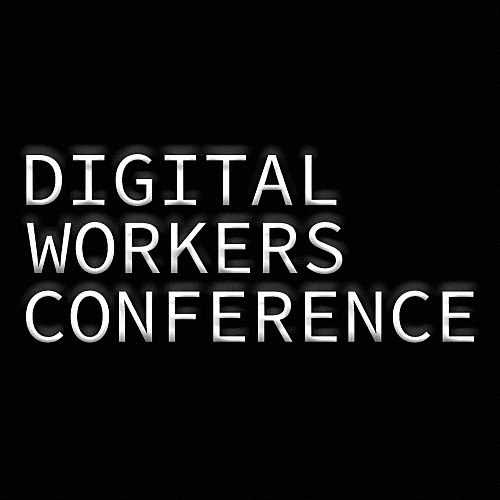
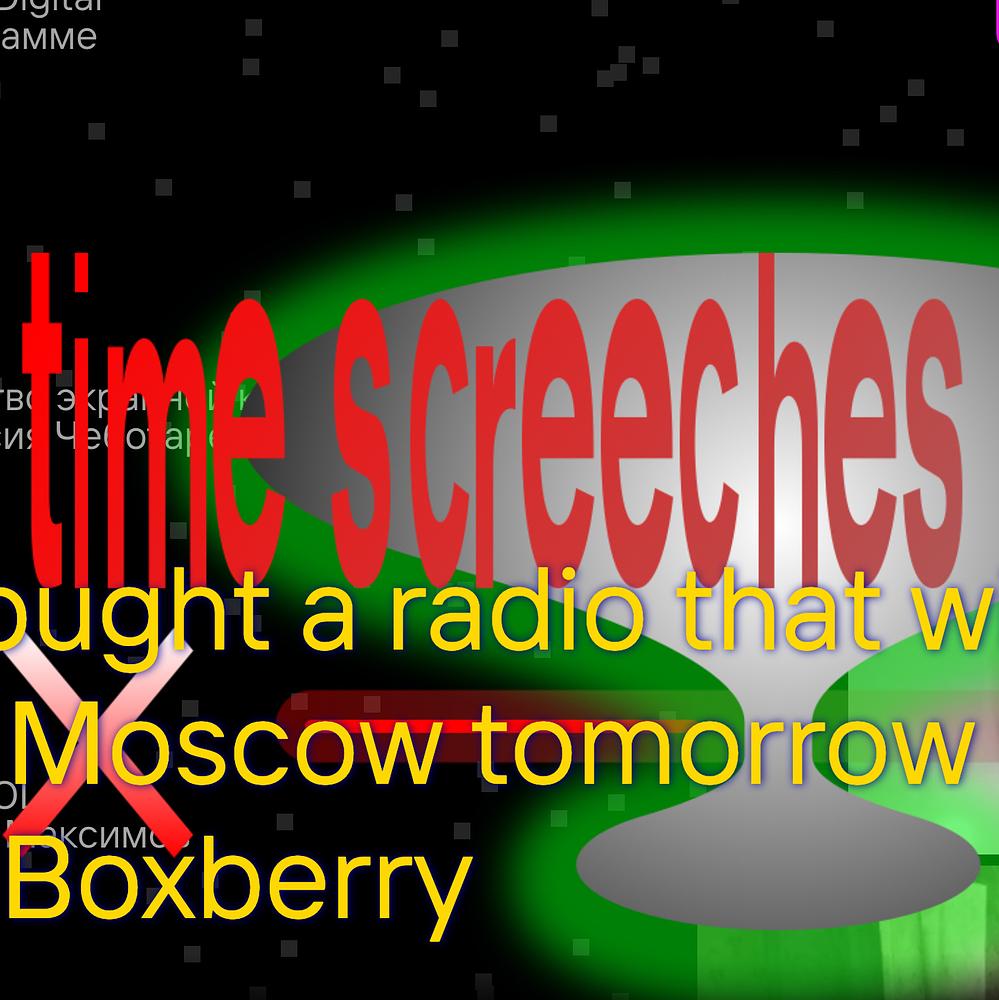
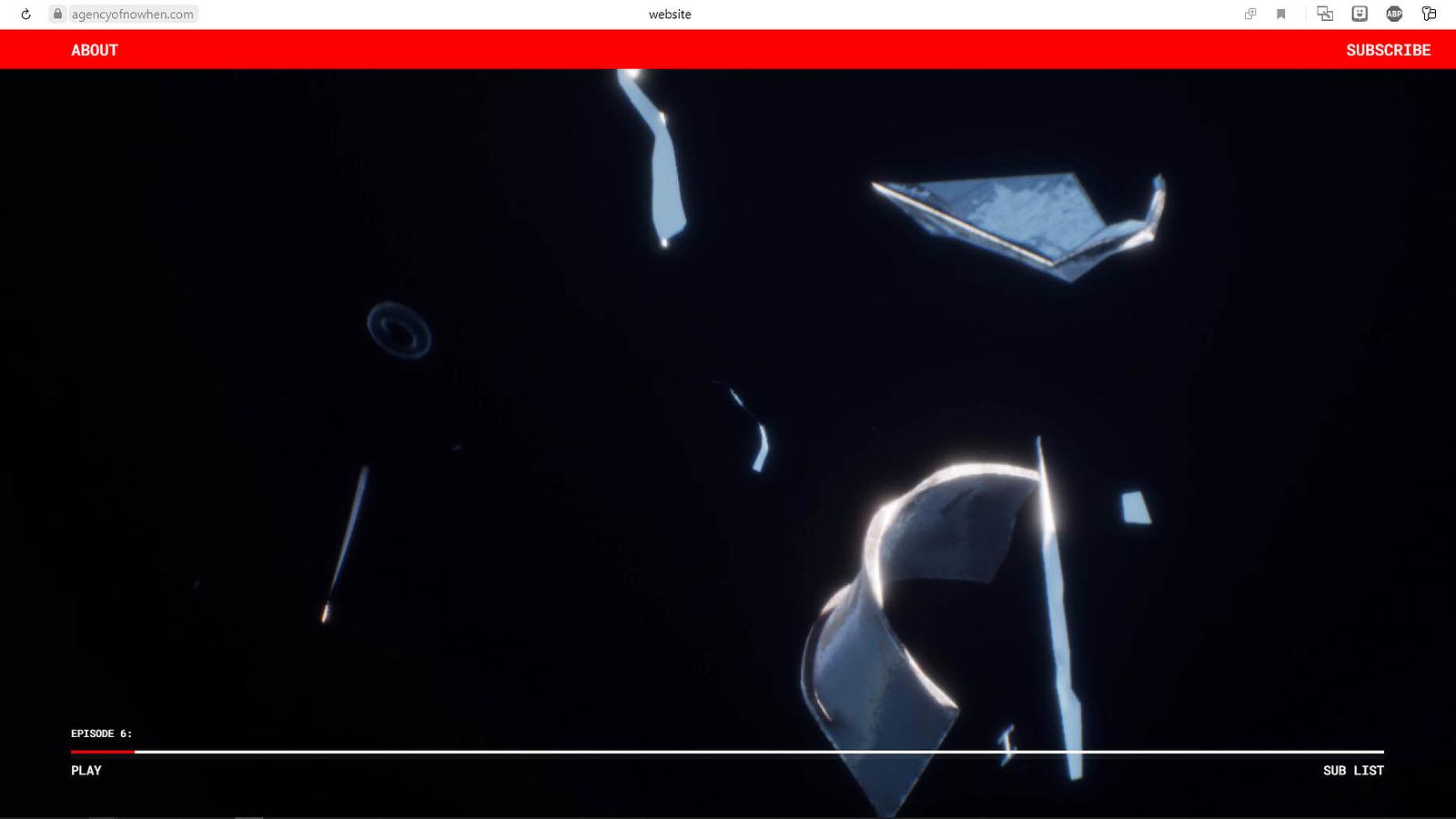
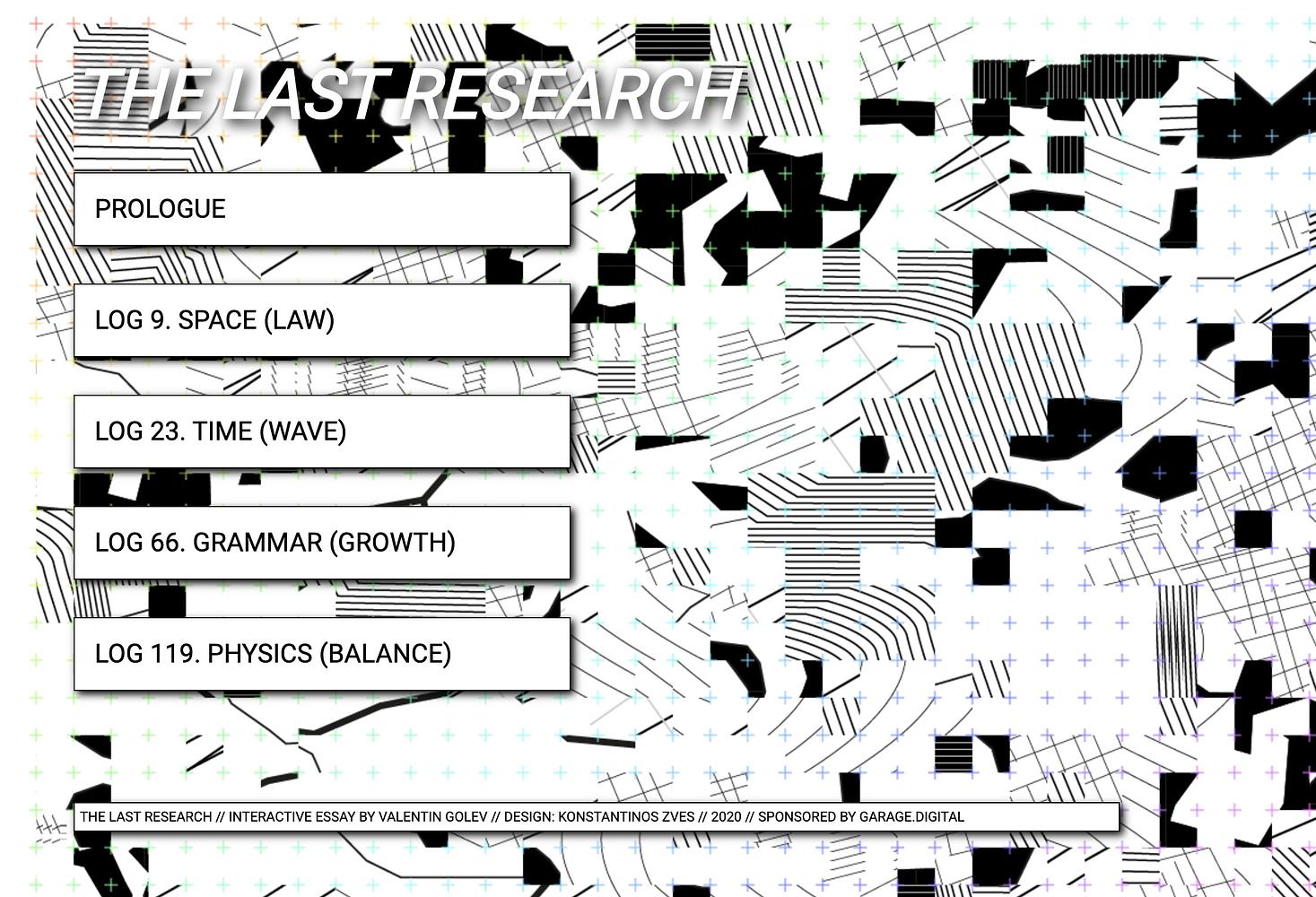
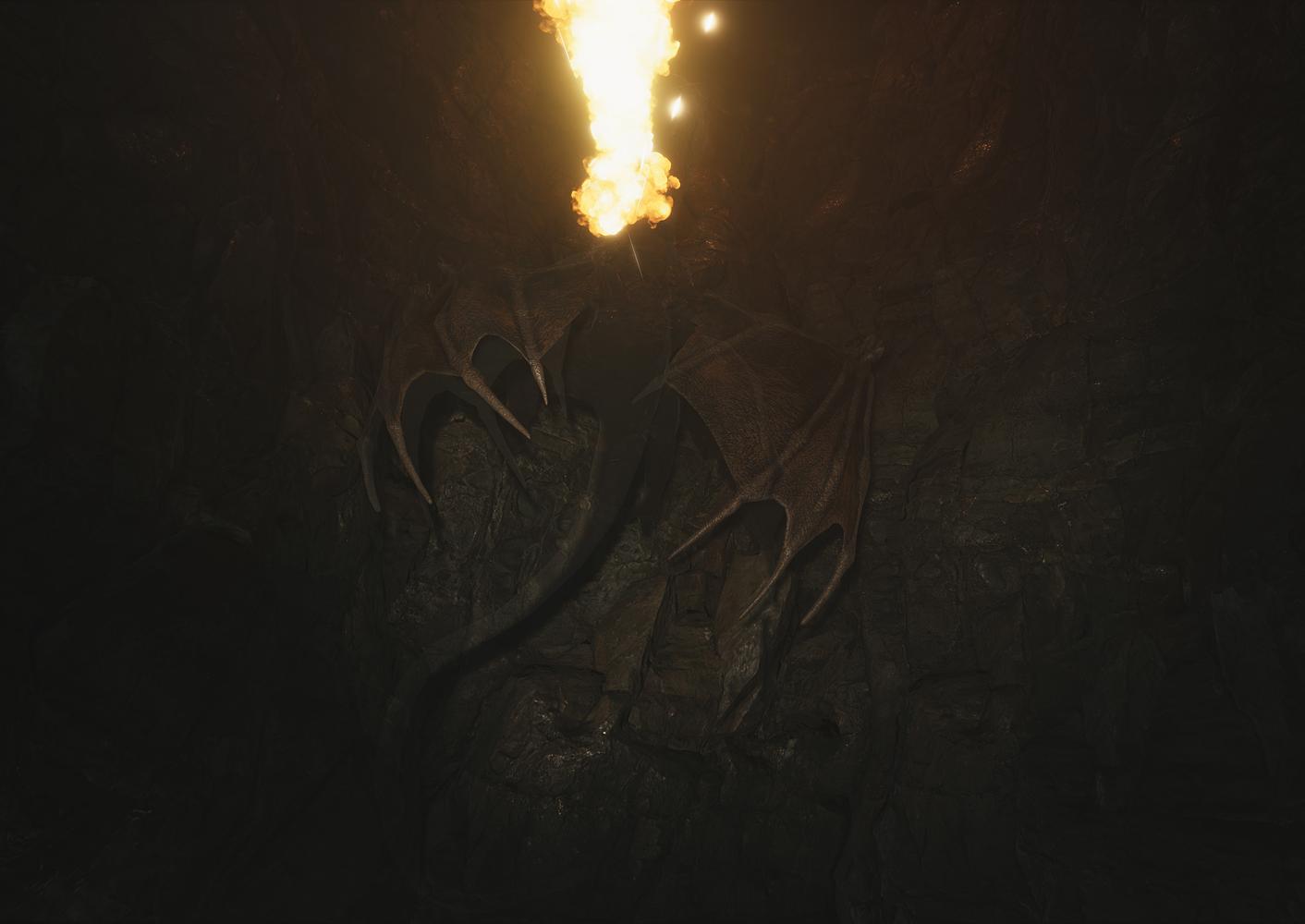
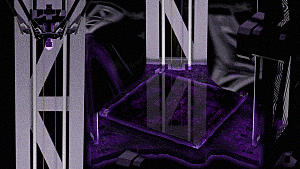
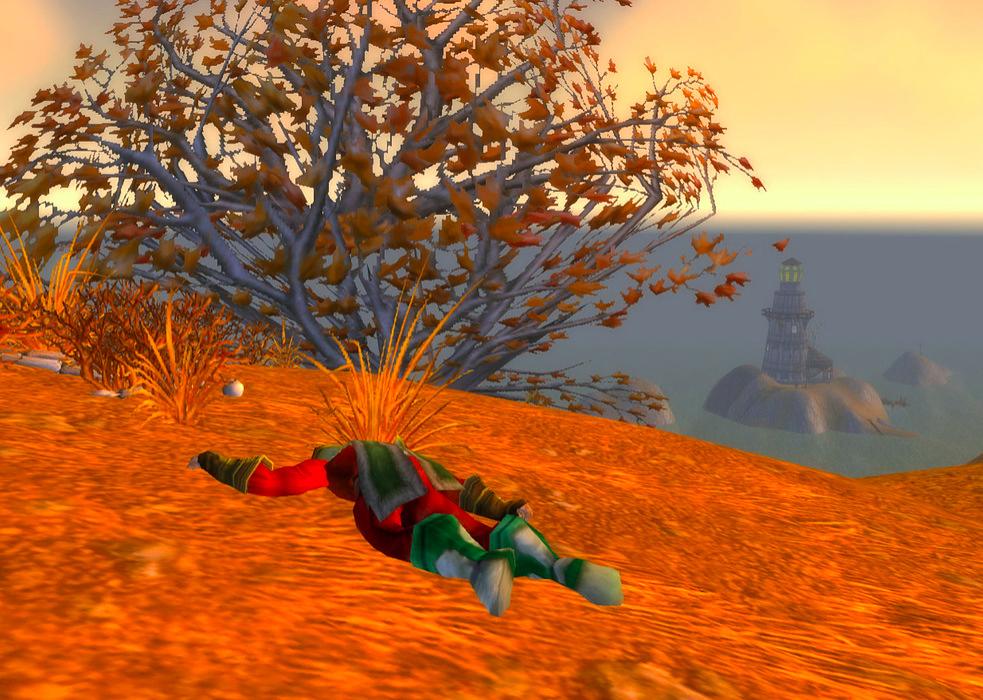
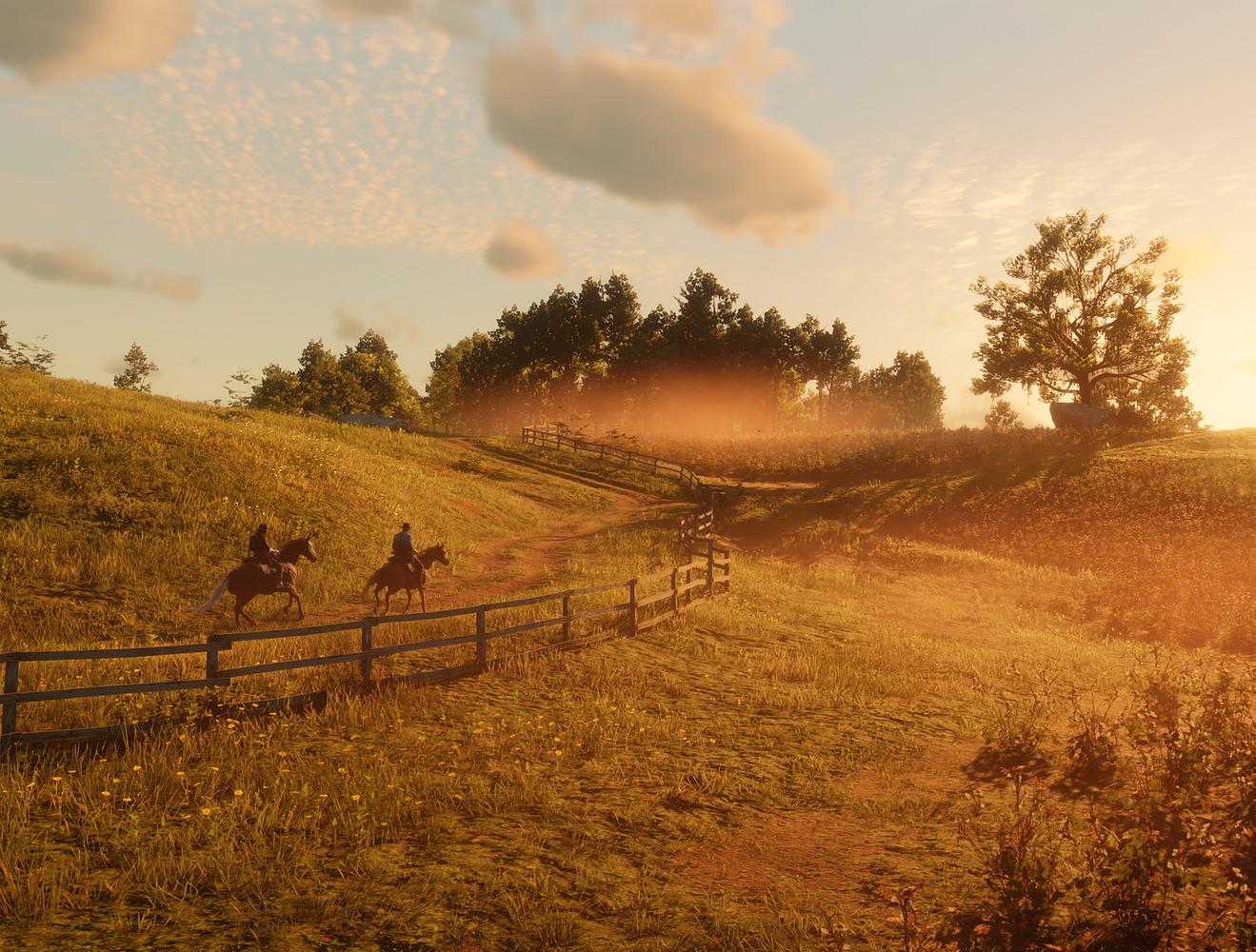
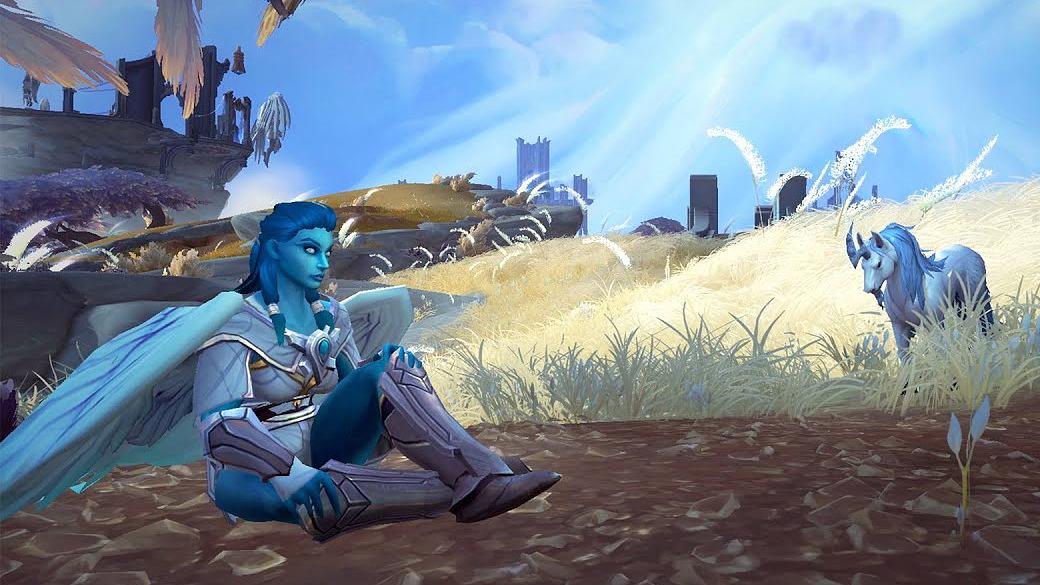
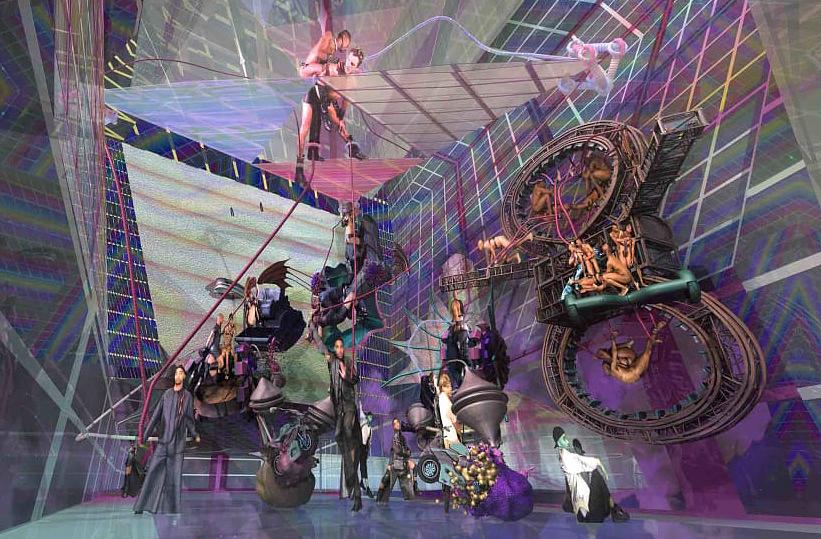
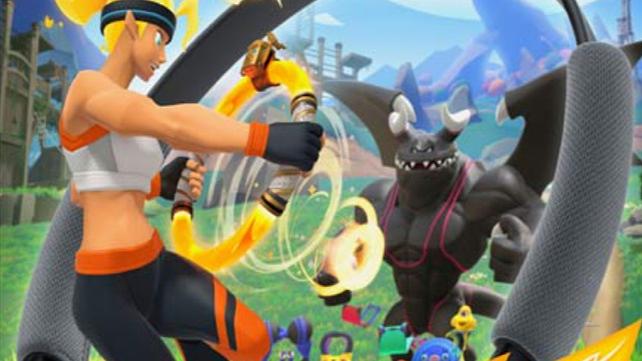
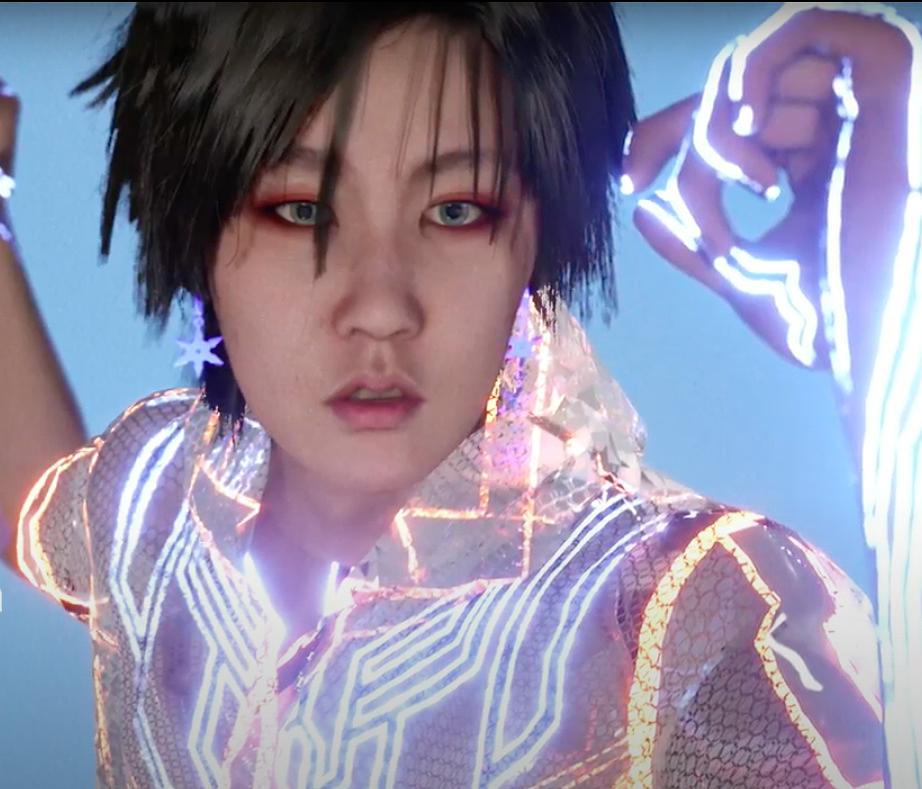
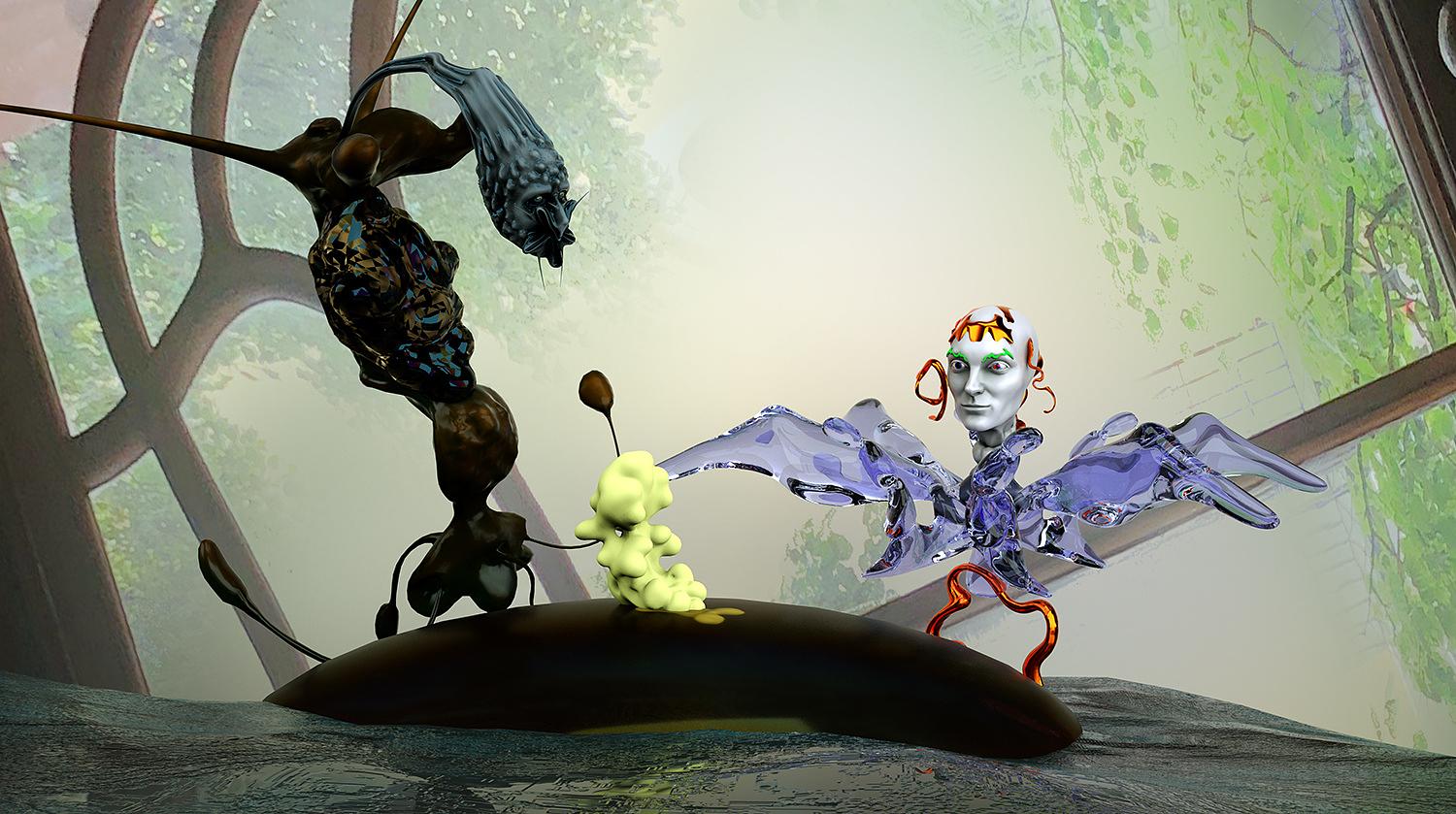
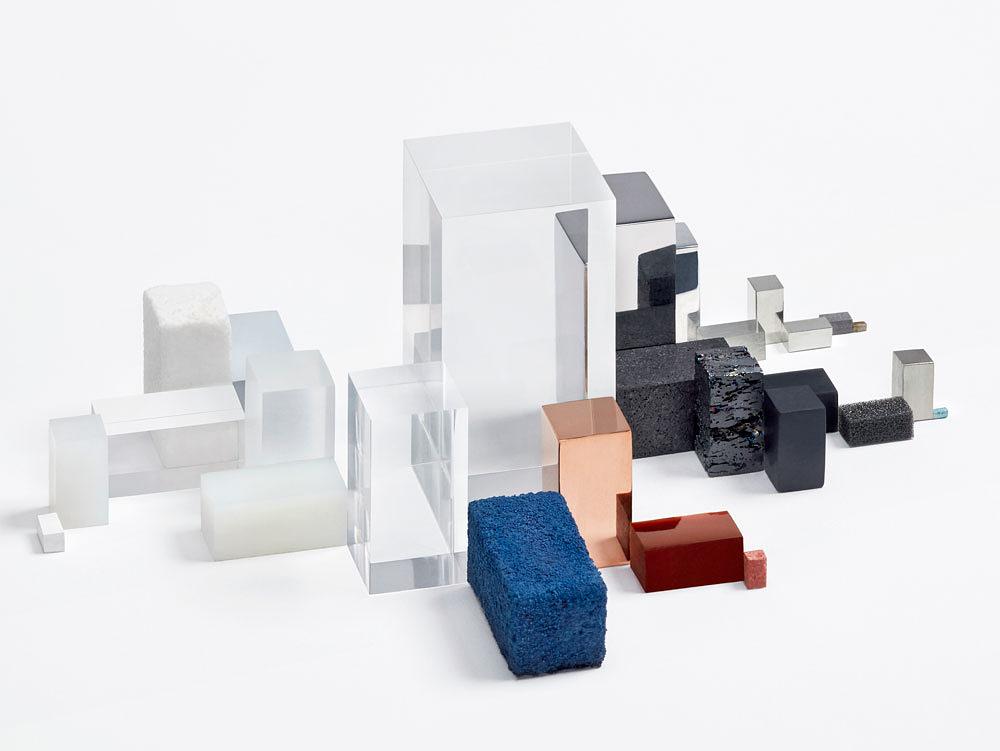
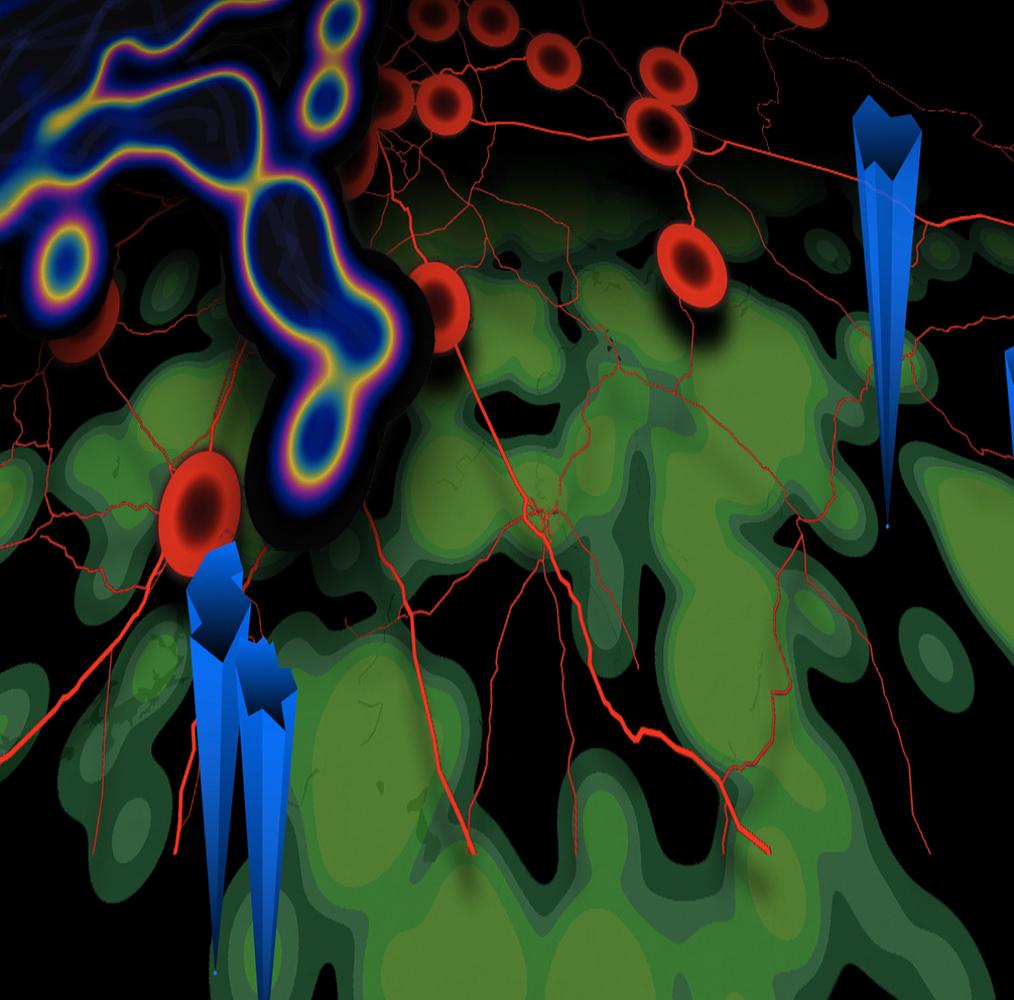
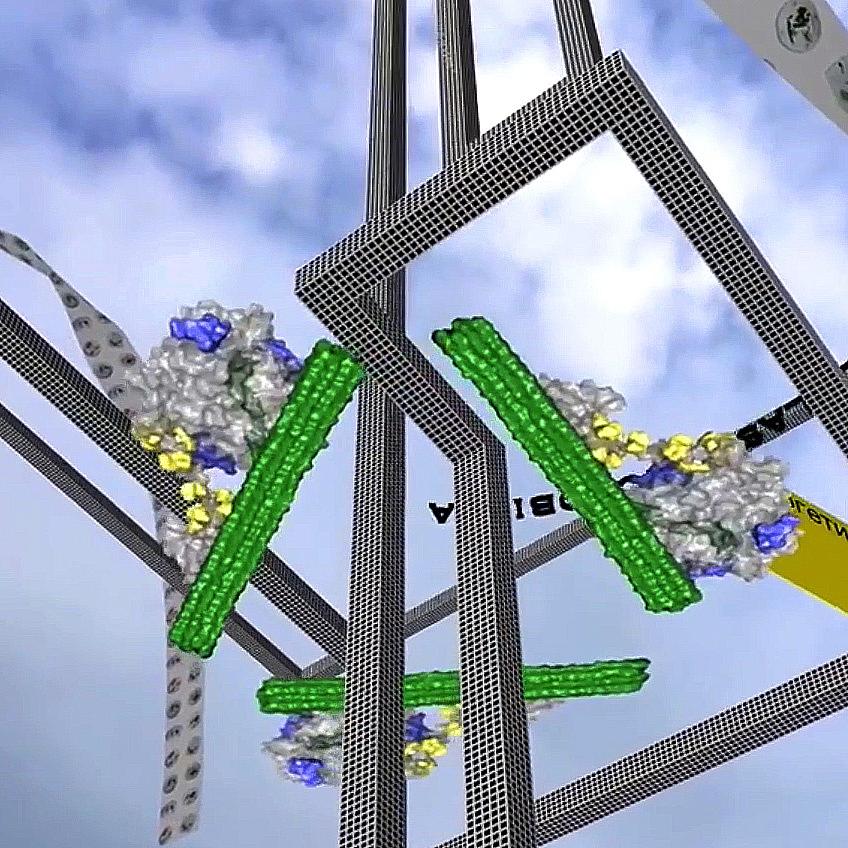
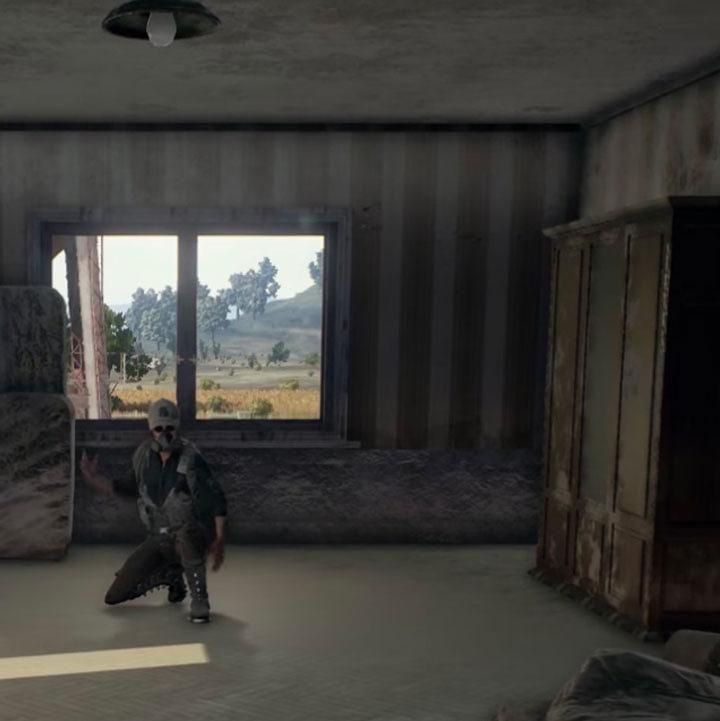
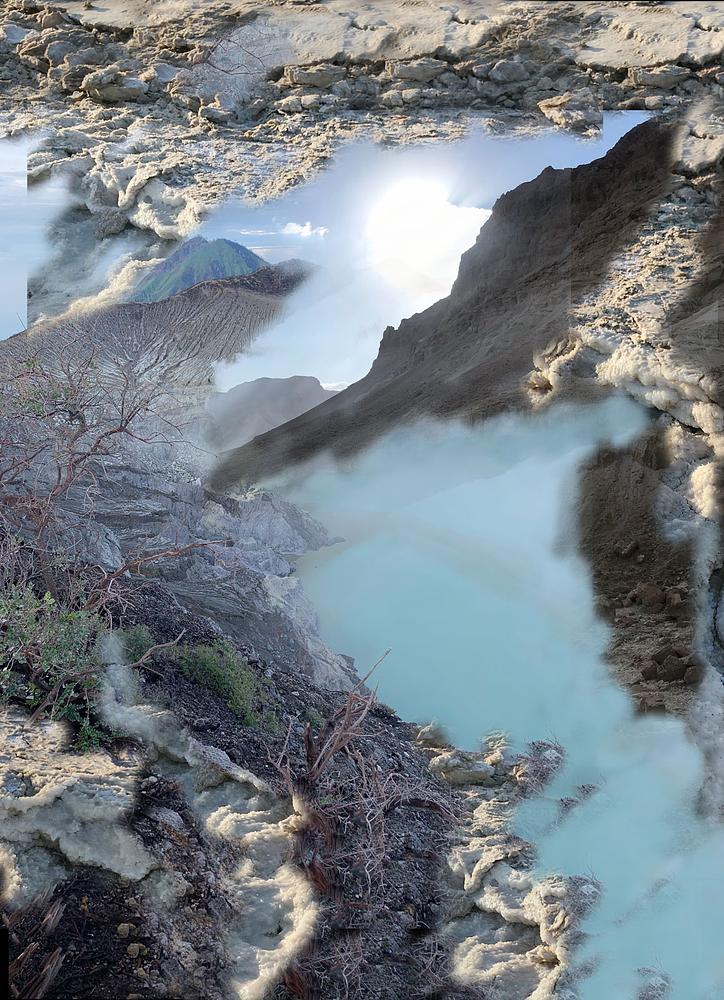

Five artists received grants to produce projects using new technology and digital media, which are presented on the Garage Digital platform in 2020.
